About the Global Bioeconomy Summit
Background & Motivation
The Global Bioeconomy Summit (GBS) is a high-level, biennial international conference. It has become the leading event with a format to globally review and discuss emerging opportunities and challenges of the bioeconomy and develop visions for the future development of a sustainable bioeconomy among key actors from governments, science and innovation, business and civil society. The summit links bioeconomy policy closely to global sustainable development and climate agendas. The Summit was originally initiated by the Bioeconomy Council of the Federal German Government in 2015.
In order to ensure the global spirit of the GBS an International Advisory Council on Global Bioeconomy (IACGB) was established for the first summit in 2015 and continues to serve to this day. It unites bioeconomy policy drivers from all hemispheres and different fields of the bioeconomy. While the GBS2015 defined the bioeconomy holistically and as a strategy to achieve the Sustainable Development Goals (SDGs) and the Paris Agreement, the GBS2018 focused on 14 key themes of global relevance for bioeconomy policy and highlighted opportunities for more intensified collaboration in macro-regions and globally.

Vision & Mission
The Summit’s vision is to contribute to a future where the bioeconomy benefits society and the environment through sustainable solutions (Agenda 2030). This entails people enjoying a good quality of life but also respecting nature and regenerating ecosystems – a “sustainable bioeconomy for all”.
The mission of the Global Bioeconomy Summit is to provide thought leadership in effectively shaping global bioeconomy policy and to share in global responsibility of contributing to sustainable development. The GBS aims to therefore evolve as THE platform connecting informed opinion leaders and trusted sources in the diverse fields of bioeconomy science, industry, policy and sustainable development. The GBS provides a neutral place to promote consensus building on how different pathways of the bioeconomy can contribute to sustainable development. The development of a sustainable bioeconomy requires policy strategies supporting the transformation of the current economic system. These strategies involve research and technological innovation but also social innovation, regulatory changes, national and international policy frameworks and long-term political commitment. The GBS´s mission is to stimulate and support these transformation processes globally.
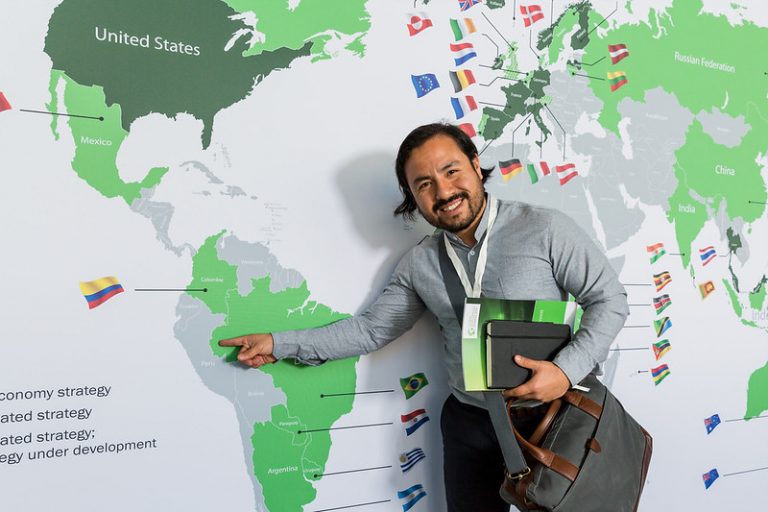
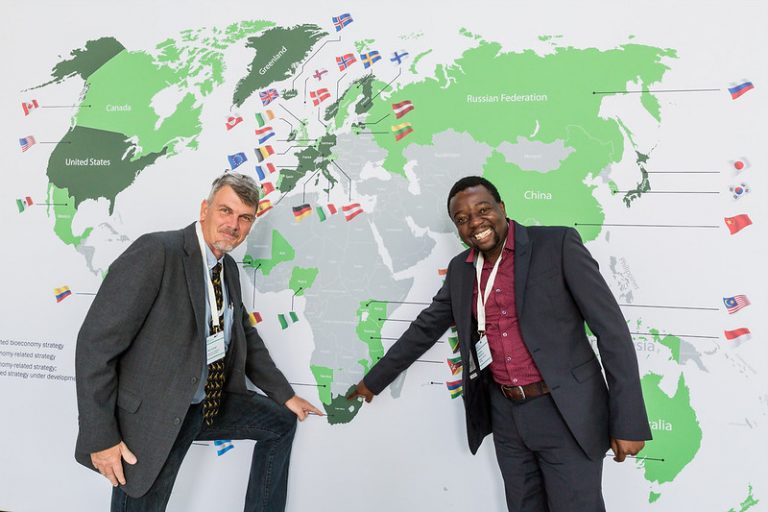
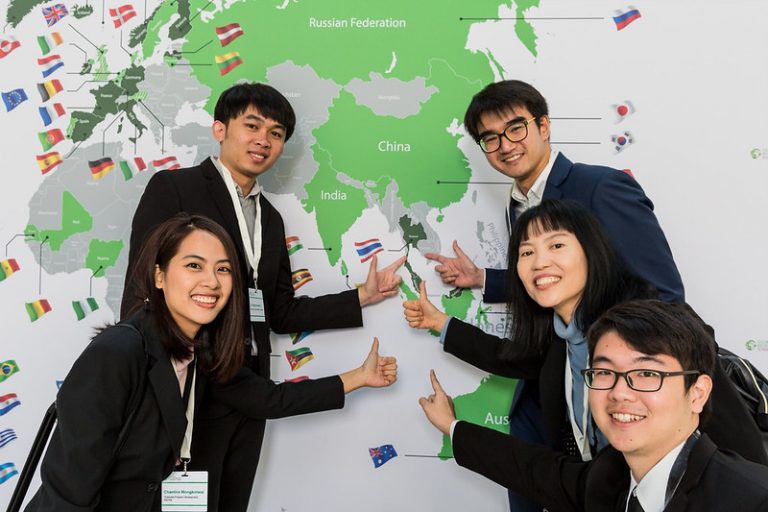
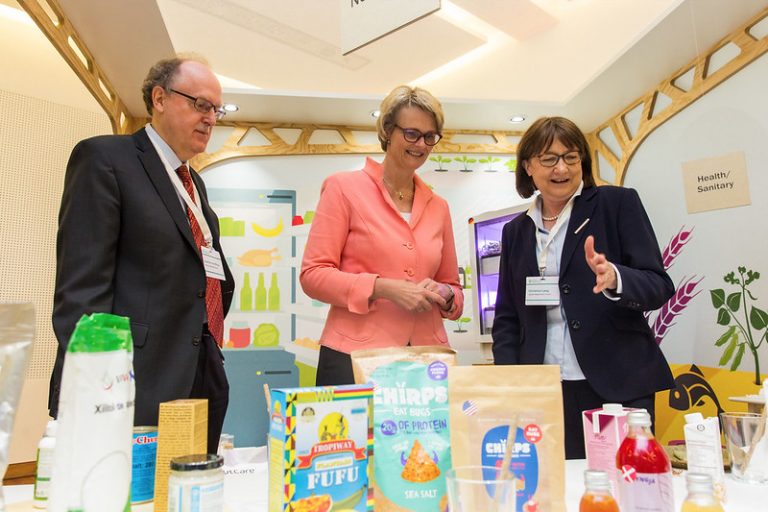
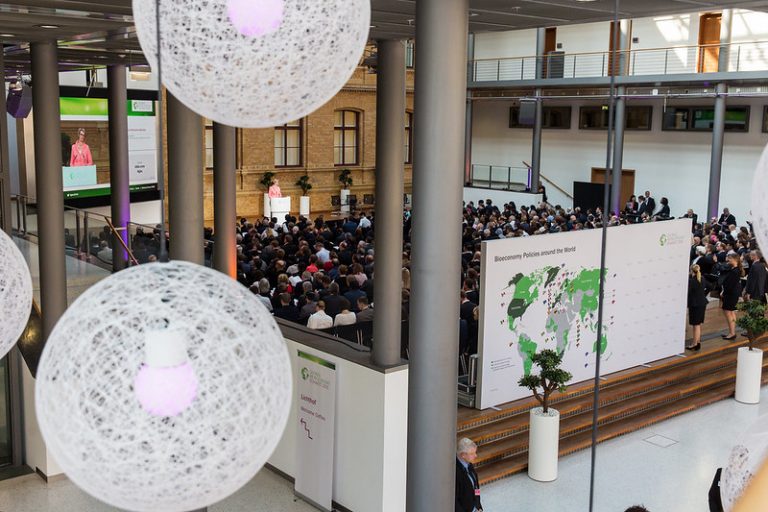
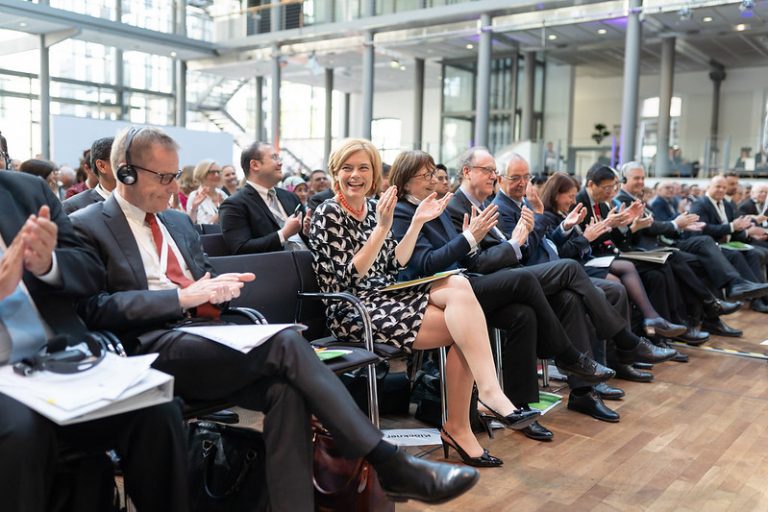
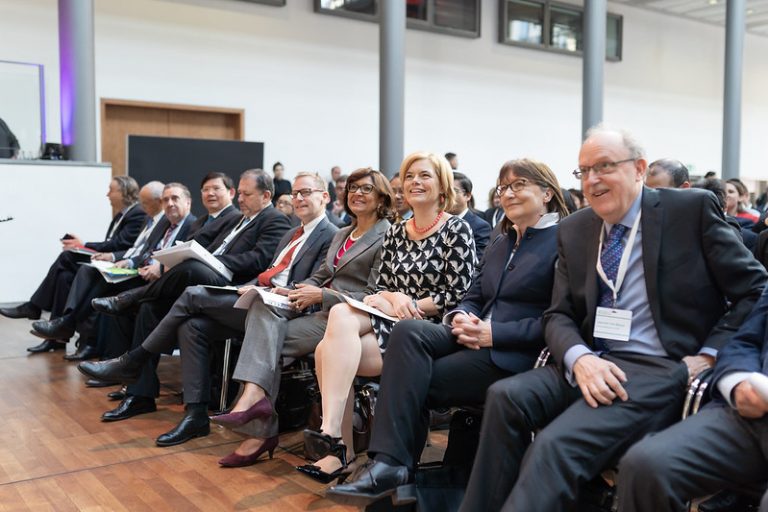
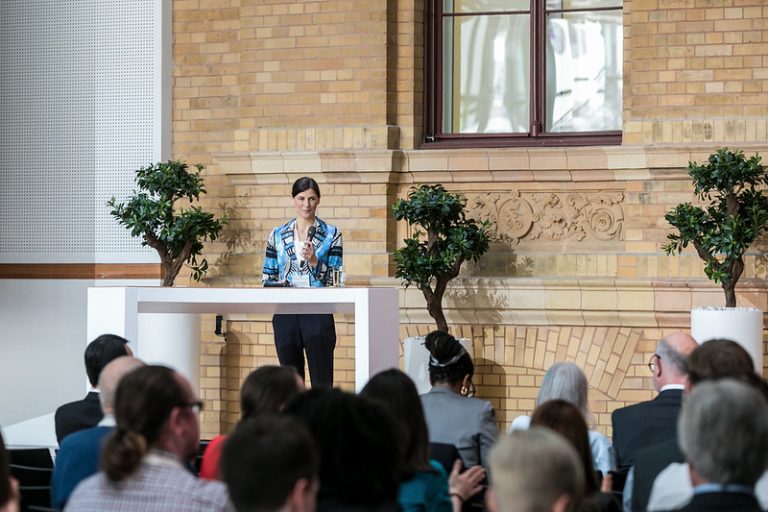
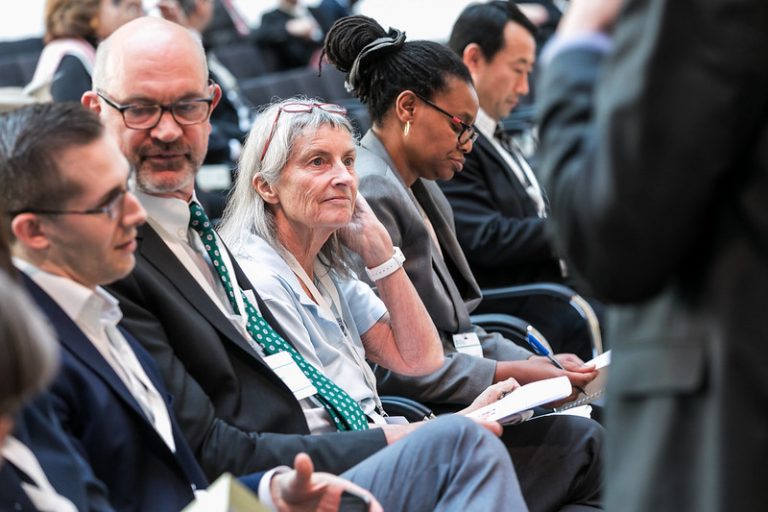
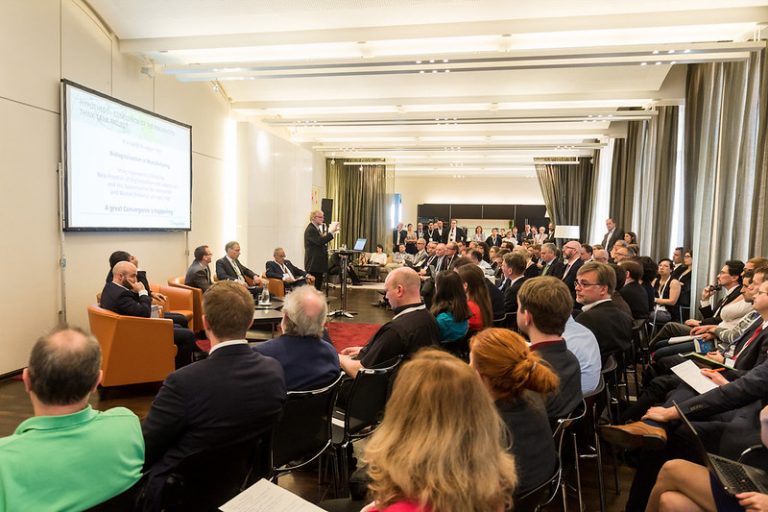


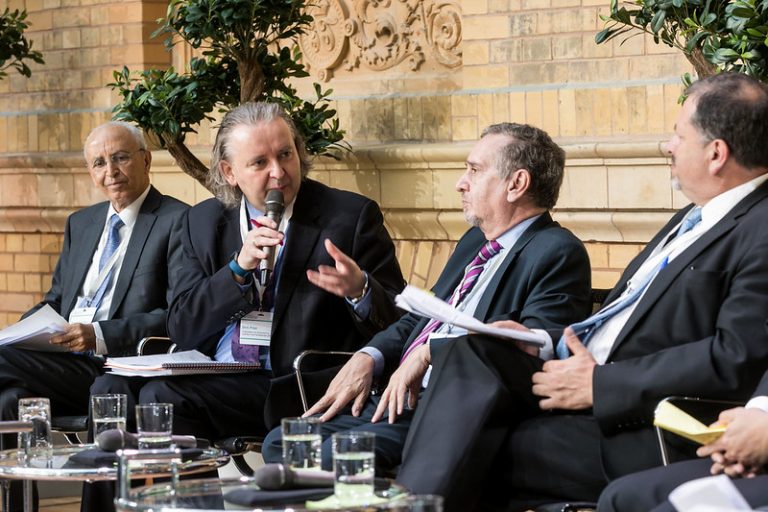
Goals & Outcomes
To fulfill this mission the GBS developed the following goals:
- Closely monitor and document bioeconomy developments globally
- Identify common challenges and opportunities for synergies in the bioeconomy
- Present new approaches and solutions for sustainable bioeconomy in regional and global facets
- Identify and connect with thought leaders
- Initiate transnational and global research partnerships
- Mobilize participation of thought leaders and key stakeholders from all hemispheres
- Establish an open, equal and science-based dialogue among key stakeholders from governments, academia, civil society and business, incl. finance
- Facilitate and induce knowledge sharing and collaboration in bioeconomy development at regional, national and international level
- Inspire participants to take the ideas and recommendations of the GBS Communiqué back home and facilitate their implementation
- Stimulate national and regional bioeconomy discourses by providing powerful examples of pilot projects and larger scale industry transformations
- Stimulate the implementation of R&D in the private sector
The direct output and outcomes of the GBS are:
- Communiqué with policy recommendations developed and agreed by the International Advisory Council on Global Bioeconomy (IACGB)
- Report on worldwide bioeconomy policy strategies
- Exhibition of biobased product innovations and sustainable solutions from around the world
- Showcasing of flagship projects
- Collaboration and reporting on thematic priorities discussed during the GBS
- Report on plenary sessions featuring thought leadership in bioeconomy policy and sustainable development
- Networking and multilateral dialogues induced by the conference
- Outreach through live webstream, social and traditional media coverage and public relations activities
- Multiplier effects through participants’ word-of-mouth and follow-up activities in their spheres of influence
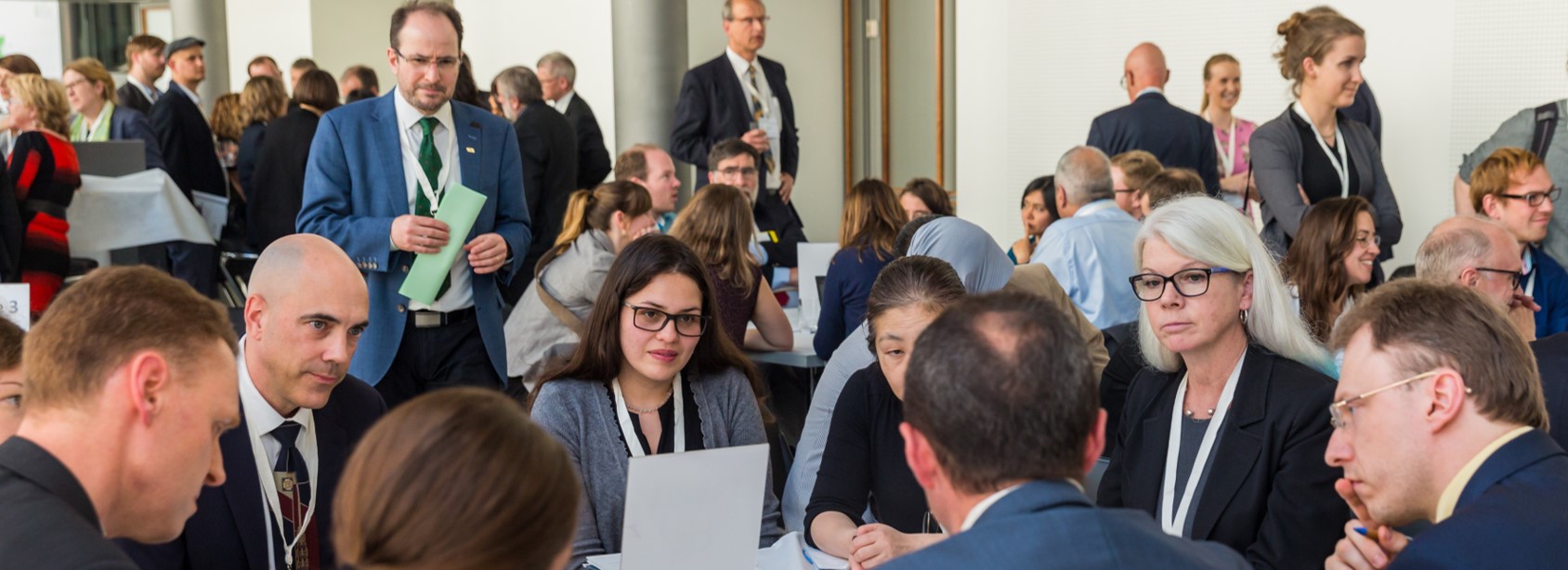
Core Values & Principles Guiding the Organization of the GBS2020
FREEDOM
The Global Bioeconomy Summit is held in academic freedom and independence. It seeks to unite key stakeholders in bioeconomy policy development from all hemispheres and fields of expertise– regardless of age, gender, sexual orientation, disabilities, appearance or skin color, or national/religious/social/political background.
RESPECT
Everyone will be treated with respect and consideration and encouraged to communicate openly and thoughtfully. All participants are expected to be considerate of the multitude of views and opinions that may differ. Harassment, intimidation, discrimination and verbal abuse will not be tolerated.
INTEGRITY AND NON-COMMERCIAL NATURE
The GBS is a non-commercial conference and discusses topics of global policy relevance. While concrete practical examples of sustainable solutions and flagship projects are of high interest to the organizers, speakers and participants, GBS is committed to providing a balanced perspective of opportunities and challenges and discourages any form of commercial, product or business advertising. Corruption or bribery in any form will not be tolerated. This applies to all employees involved in the organization, advisory council members, speakers and partner organizations.
LEADERSHIP
The organizers of the Global Bioeconomy Summit are expected to lead by example, to uphold and foster a culture of compliance, ethics and integrity, and to provide a secure and respectful environment.
COOPERATION AND PARTICIPATION
Only by working together across borders and disciplines by integrating academia, politics, civil society, and the private sector can the joint vision of a transition to a “sustainable bioeconomy for all” be realized. All attendees are encouraged to actively participate in the event and contribute their expertise and to not exclude others. The GBS includes use of smartphone technology that allows all participants to share input in real-time, a feature that not only gives voice to participants who do not have formal speaking roles but also allows an immediate assessment of the range of perspectives regarding bioeconomy-related topics and issues.
ACCESSIBILITY AND TRANSPARENCY
Although participation in the Global Bioeconomy Summit is free and open to all registrants with a relevant background, the conference is subject to capacity and resource limitations. In order to enable participation from around the world and from attendants with little budgetary resources, travel support is granted to a number of participants with active roles in the program. To enable wider and public participation, the event is broadcasted by live web stream and all sessions and workshops are reported. The conference movie, all reports and conference materials are made available for free on the conference website.
SUSTAINABILITY
Sustainable development is at the core of the GBS. Therefore, the organizers make sure that the event organization and all GBS outputs are based on sustainable solutions and products wherever possible. This relates specifically to questions of public transport use, walking distances between conference venue and hotels, sustainable event organization and catering, re-usable exhibition materials, CO2-neutral printing and digital information, avoidance of single-use items and recycling / waste management, communication and social inclusion.
Funding
The Global Bioeconomy Summits 2015 and 2018 were organized by the Bioeconomy Council of the German Government. Funding for the planning, the organization and implementation was provided by the German Federal Ministry for Education and Research.
The Global Bioeconomy Summit 2020 will again be supported by the German Government and will be funded by the Federal Ministry for Education and Research.
GBS2020 is a non-commercial and publicly financed event that is committed to keeping participation free.
History
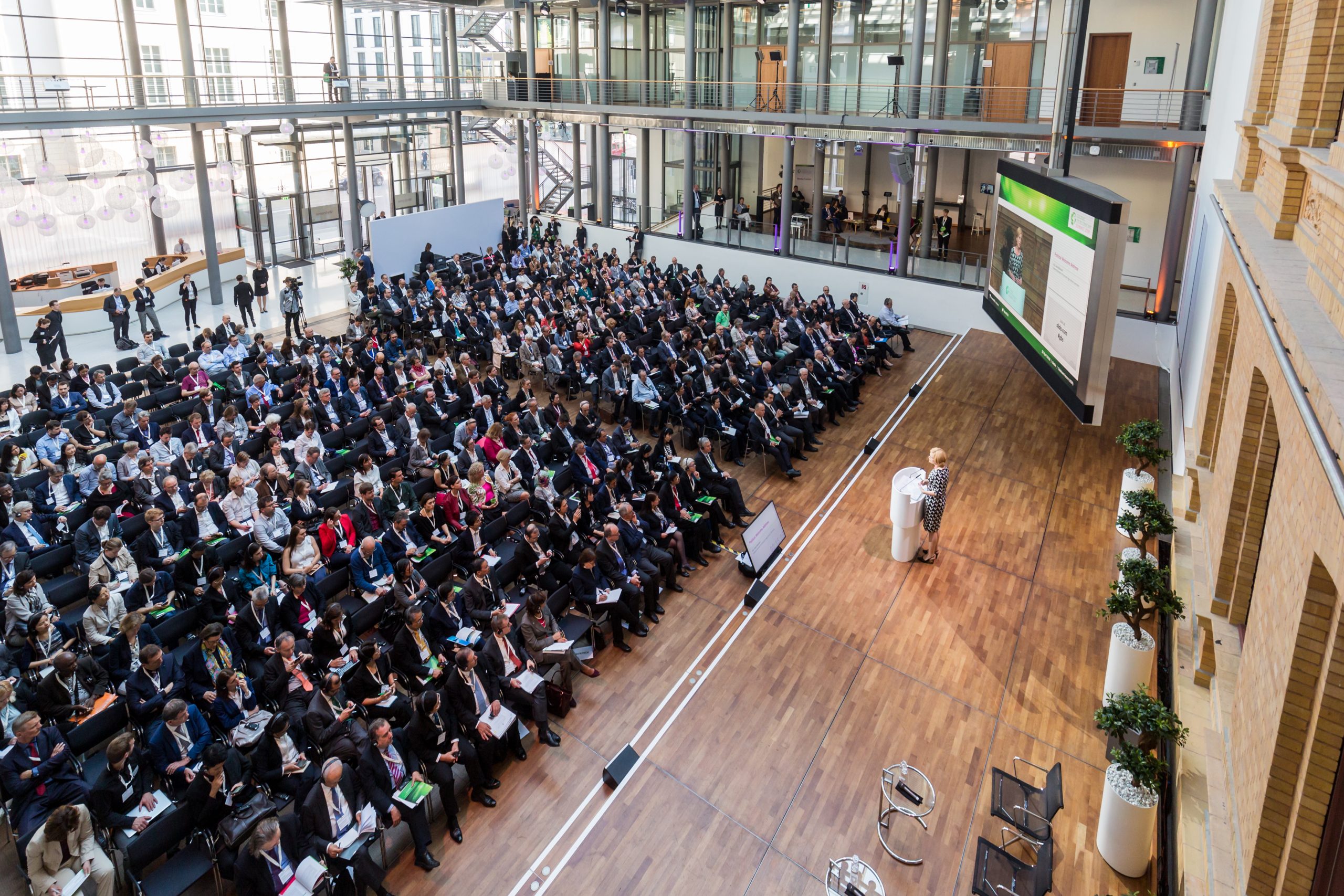
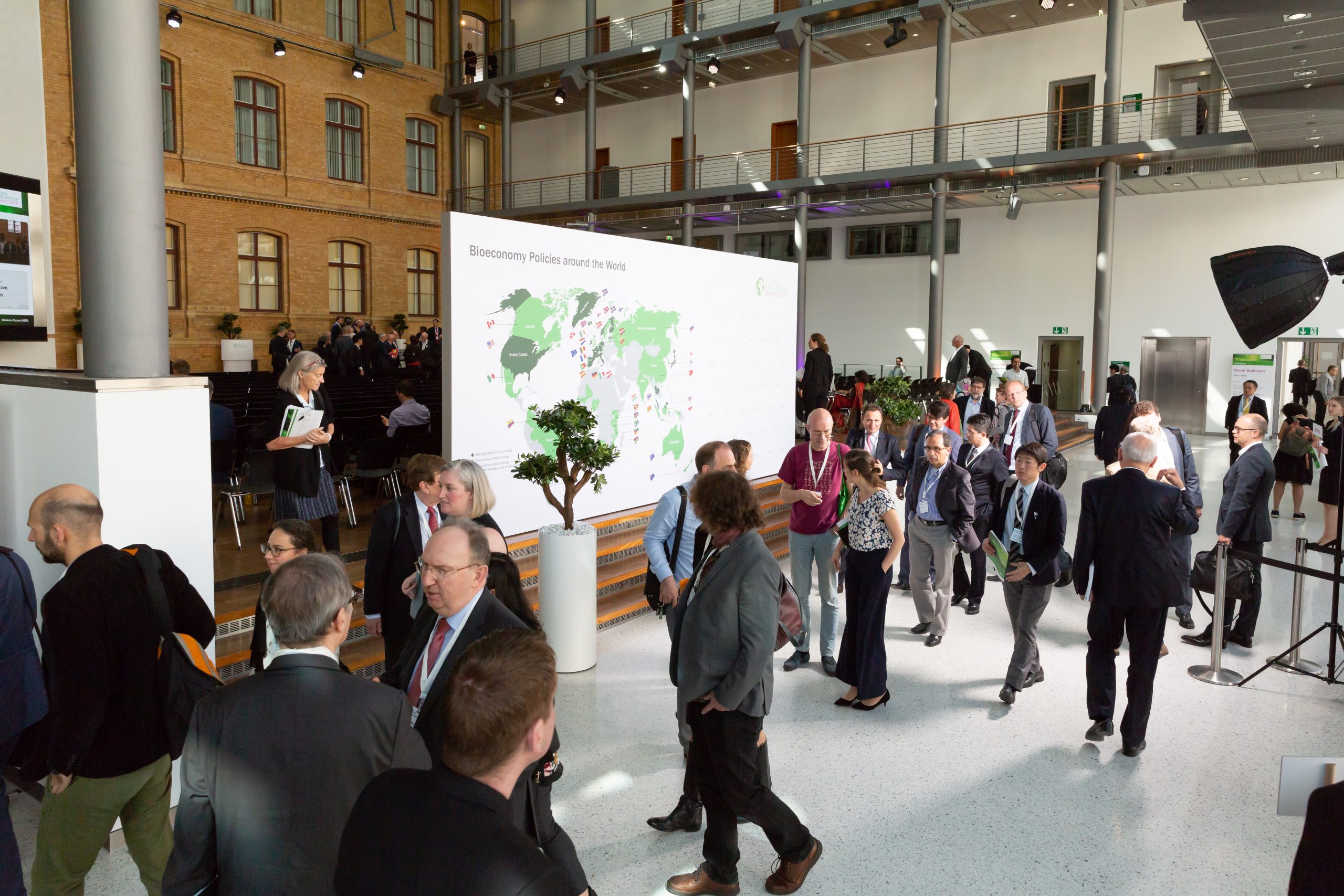
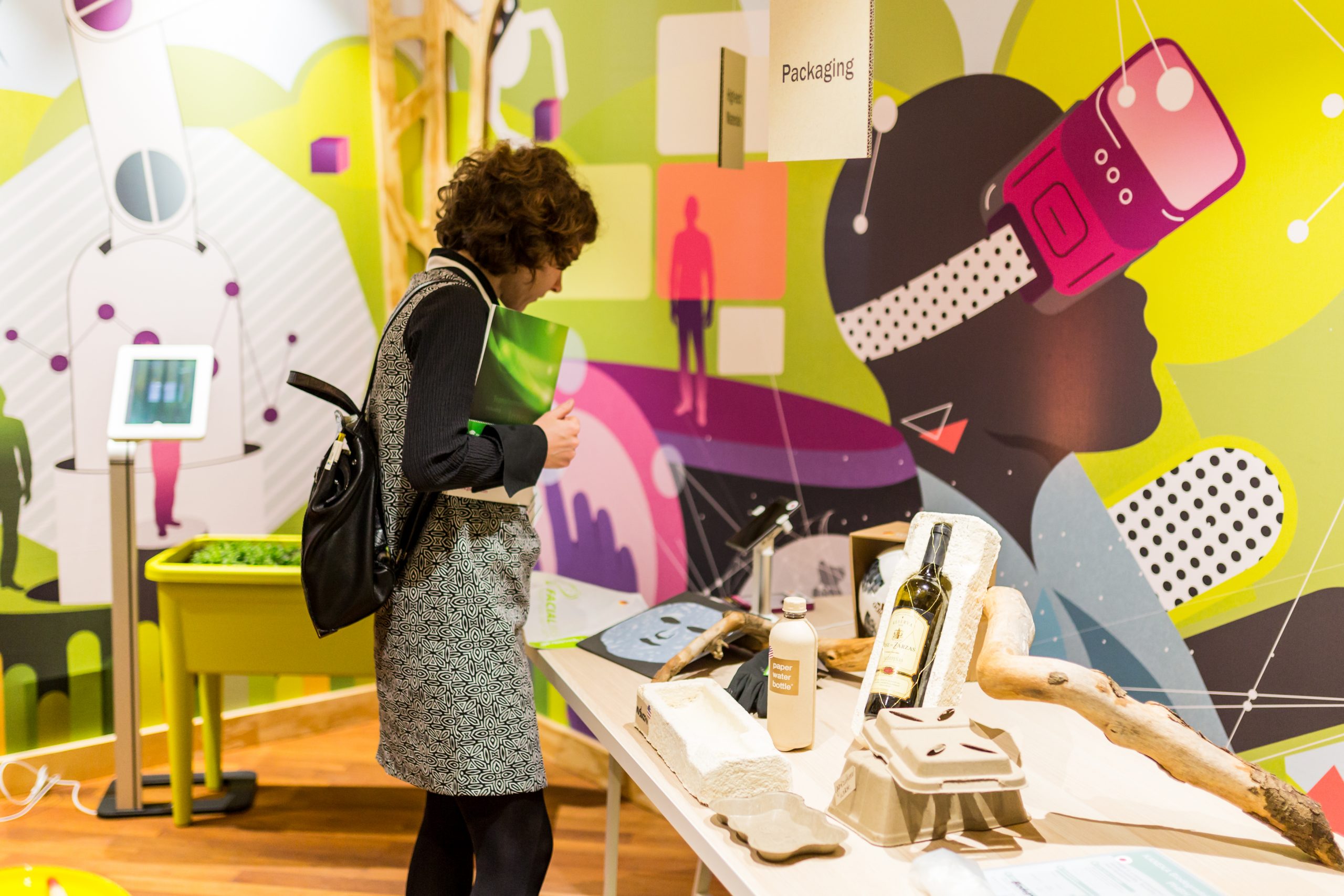
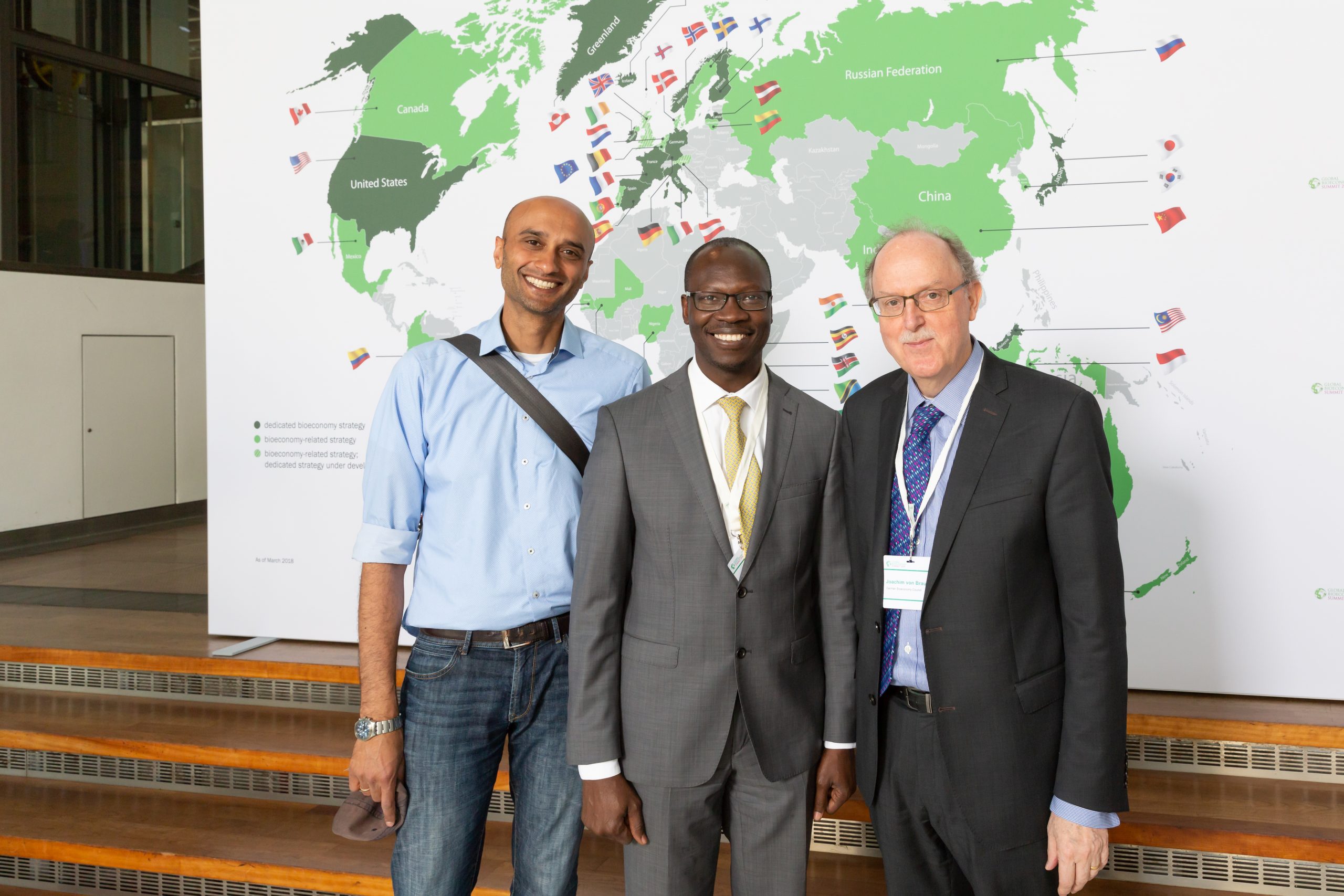
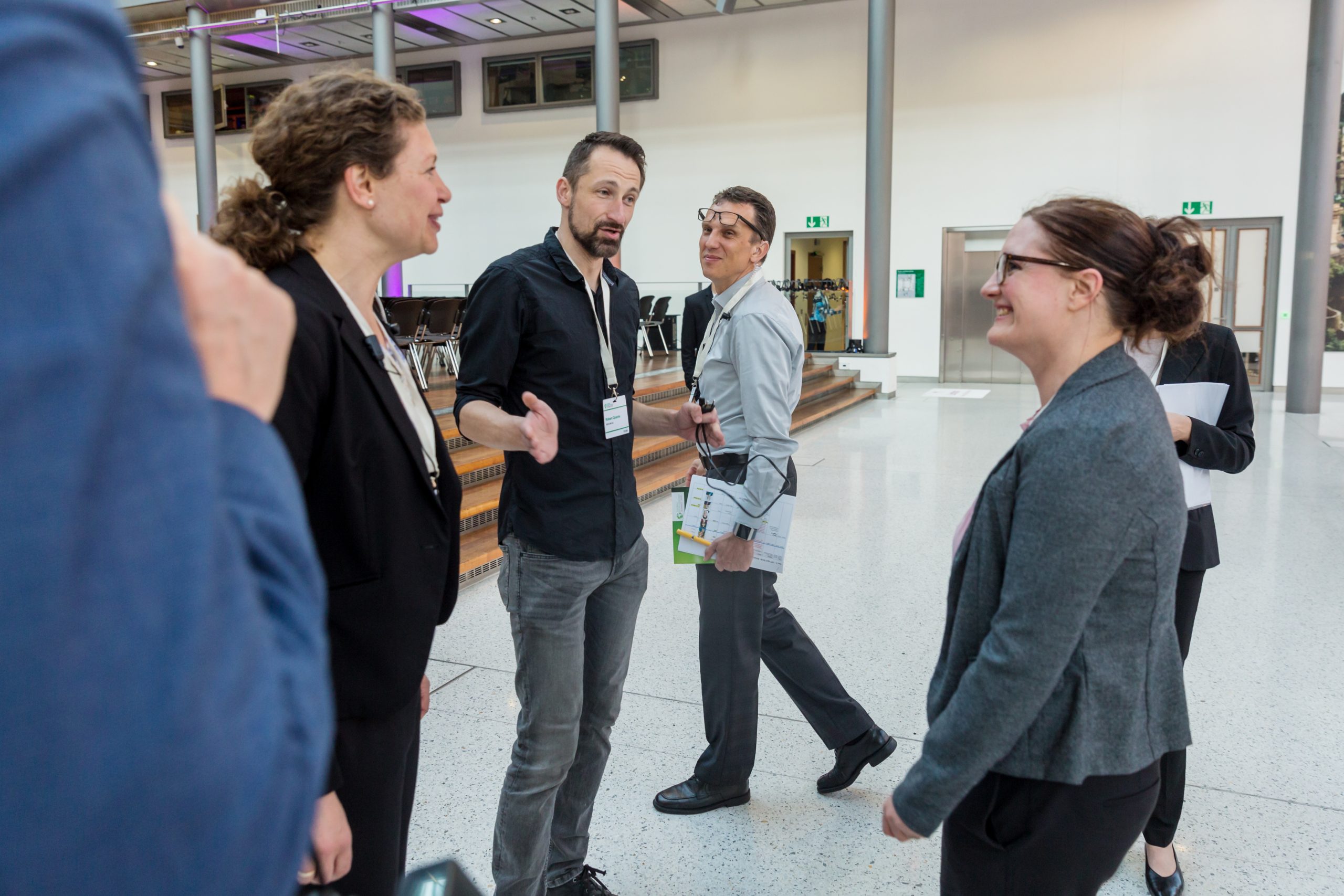
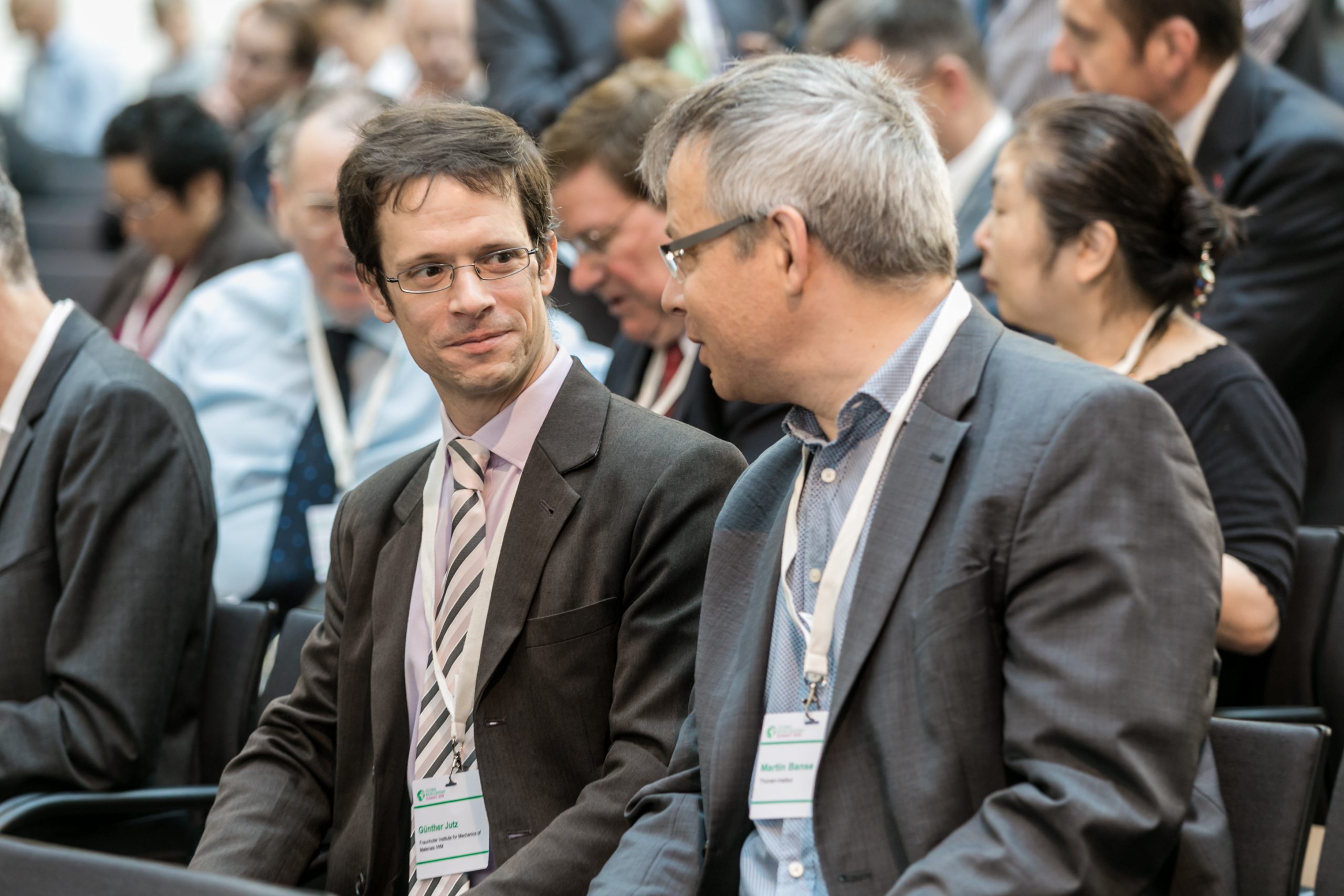
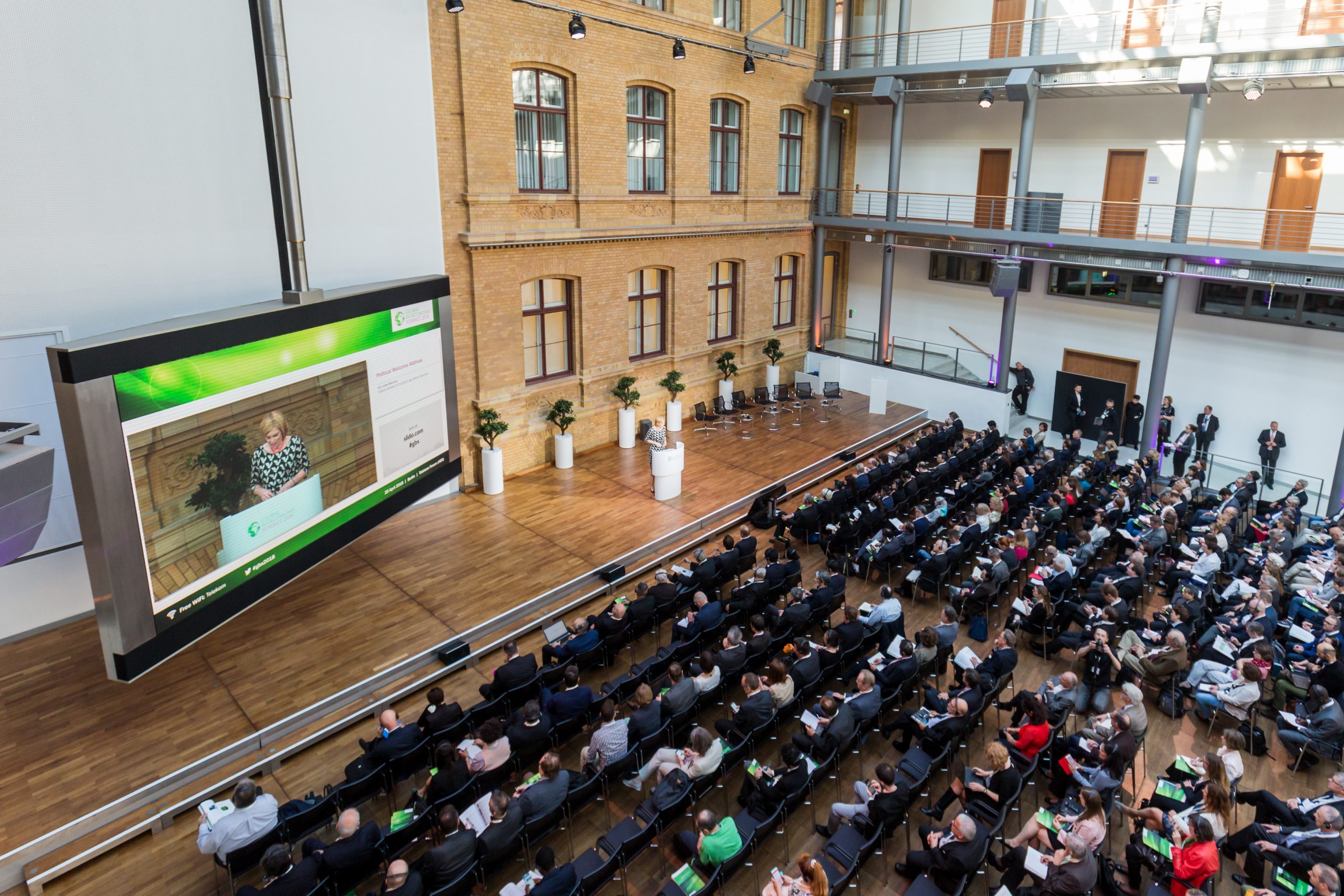
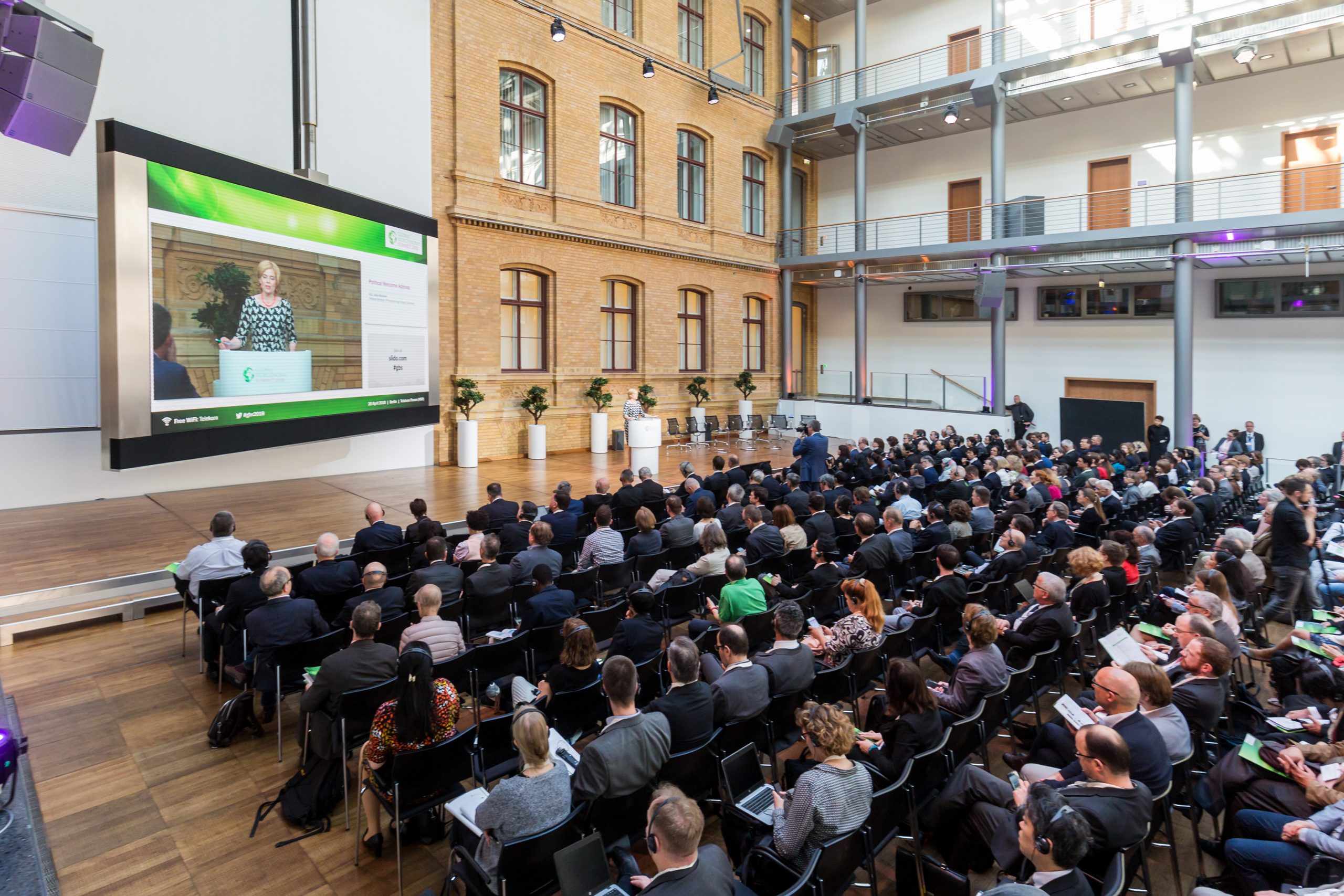
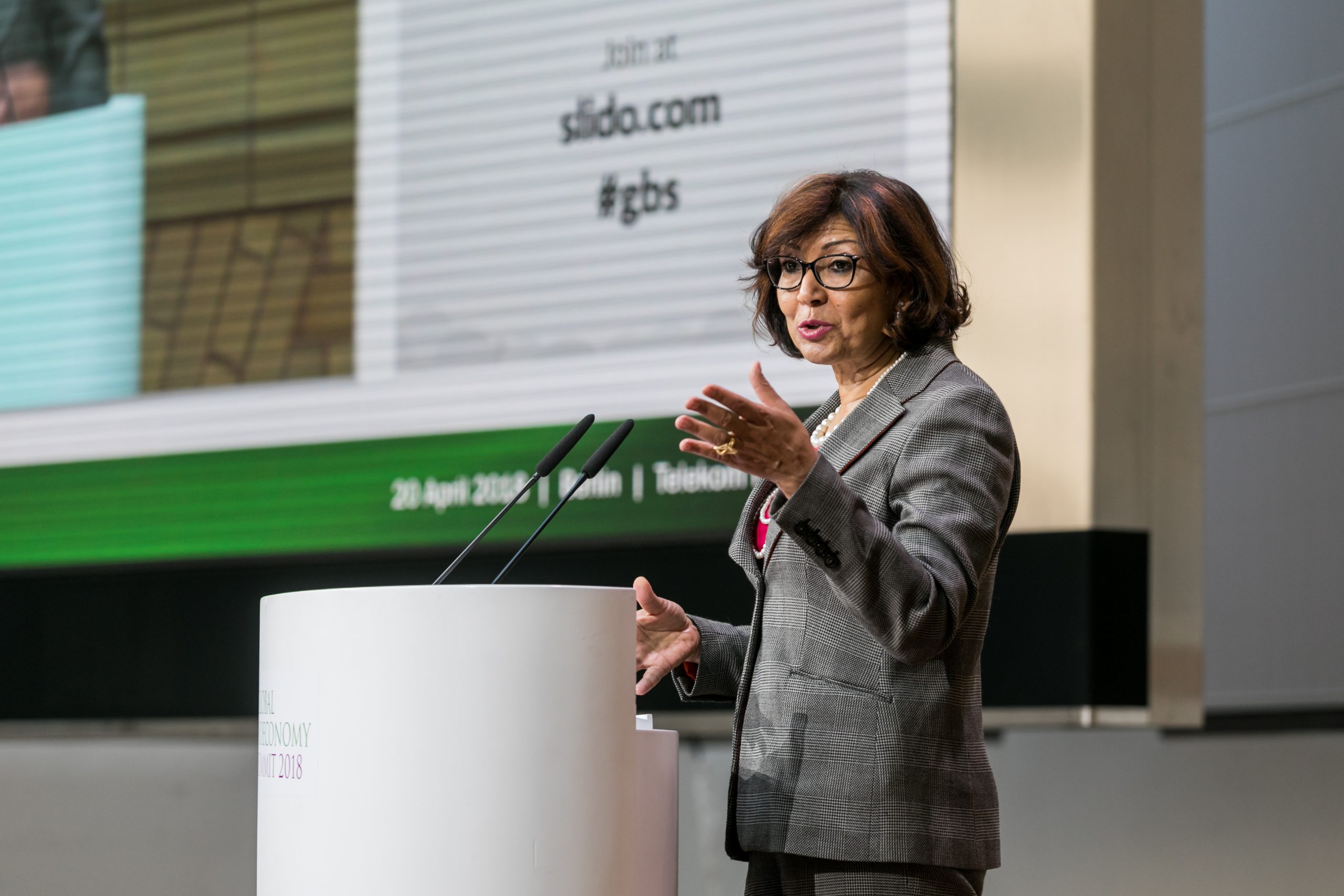

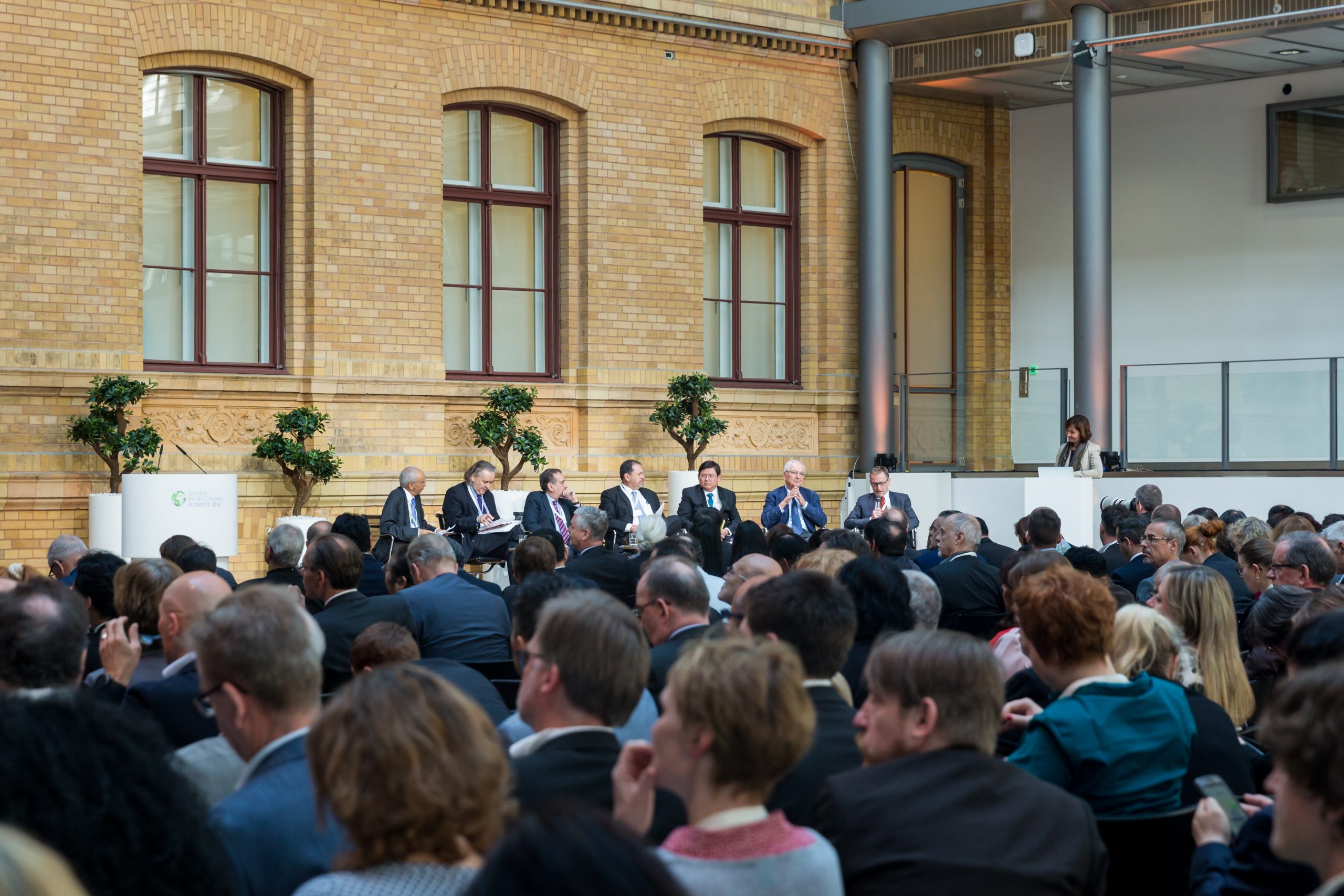
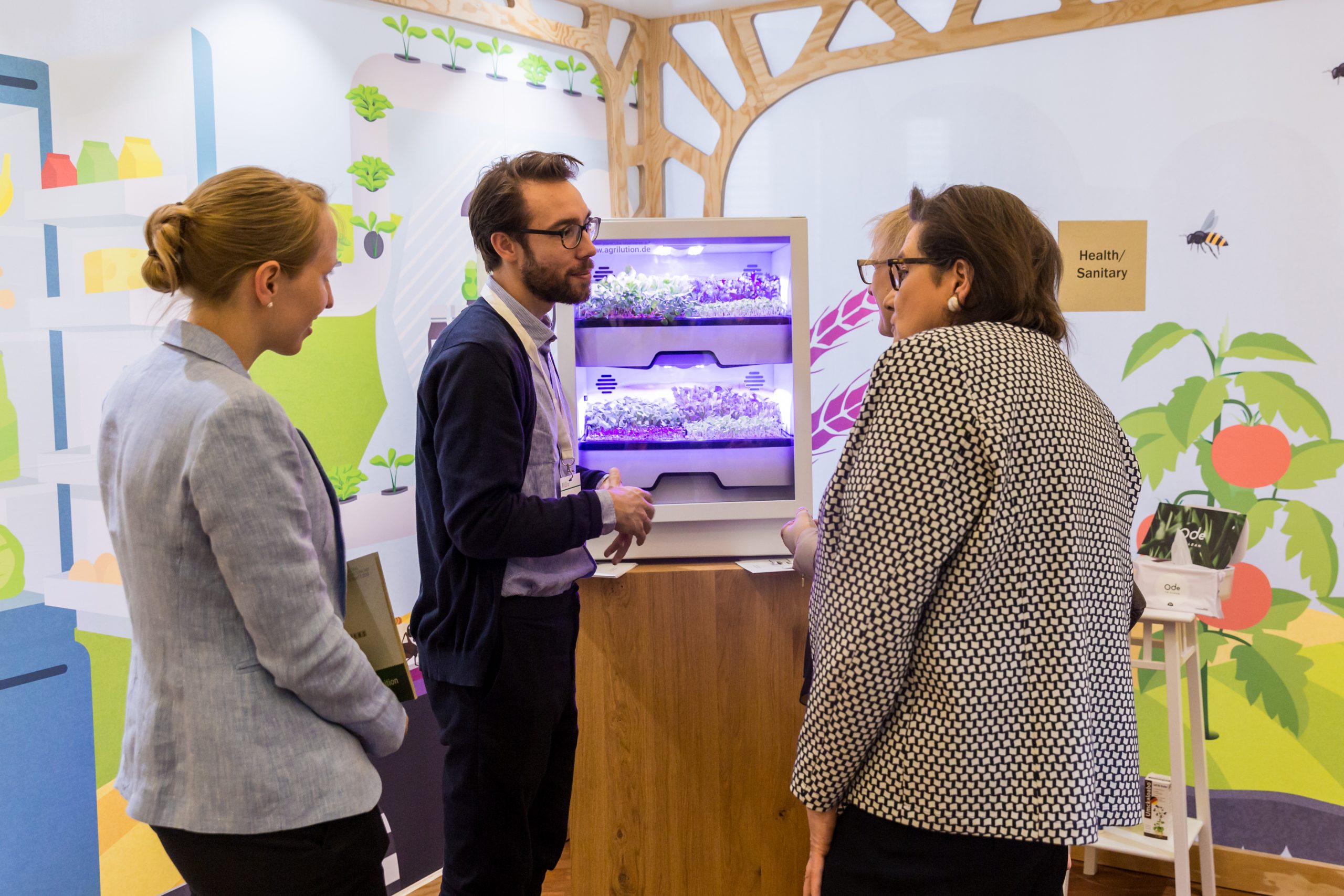

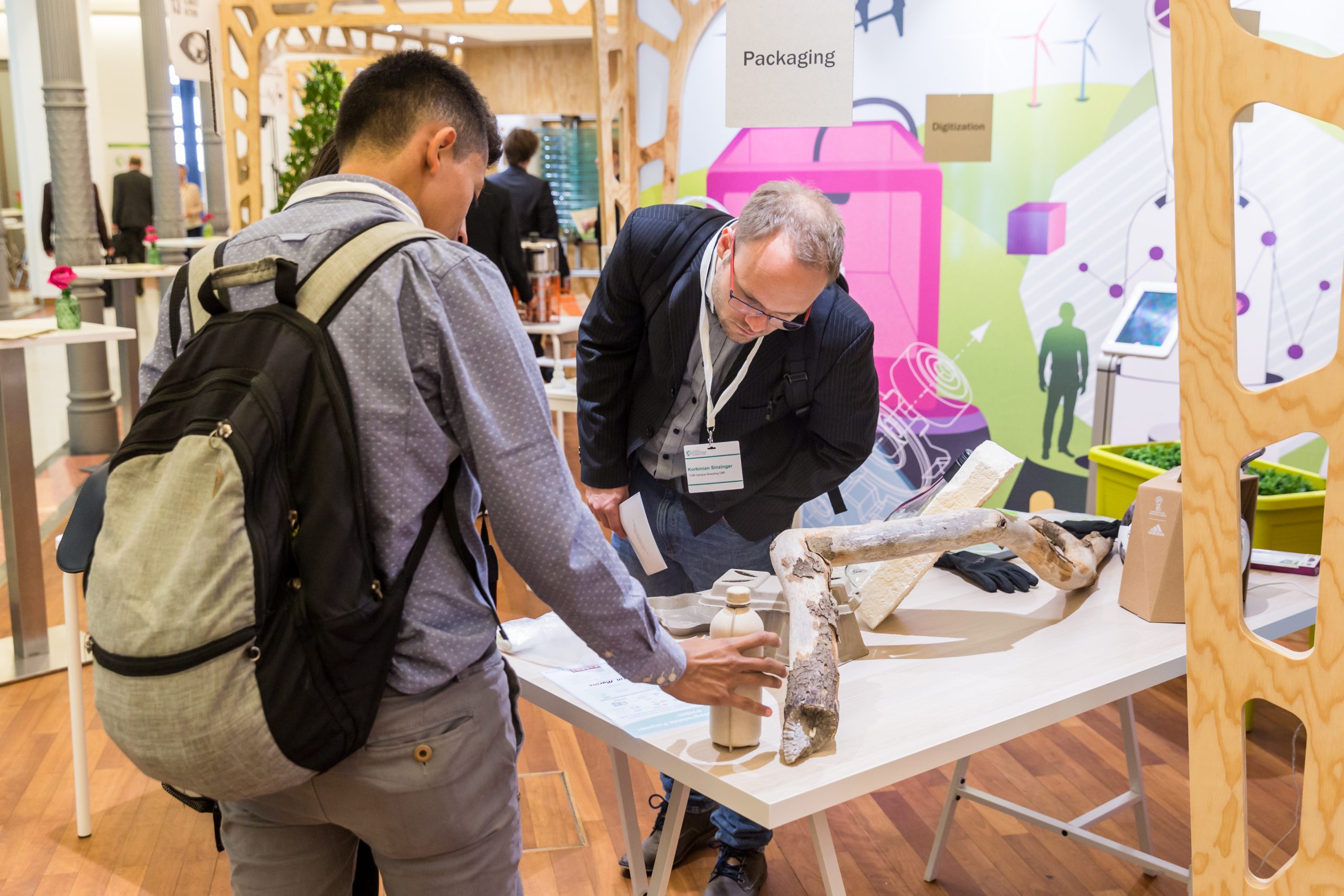
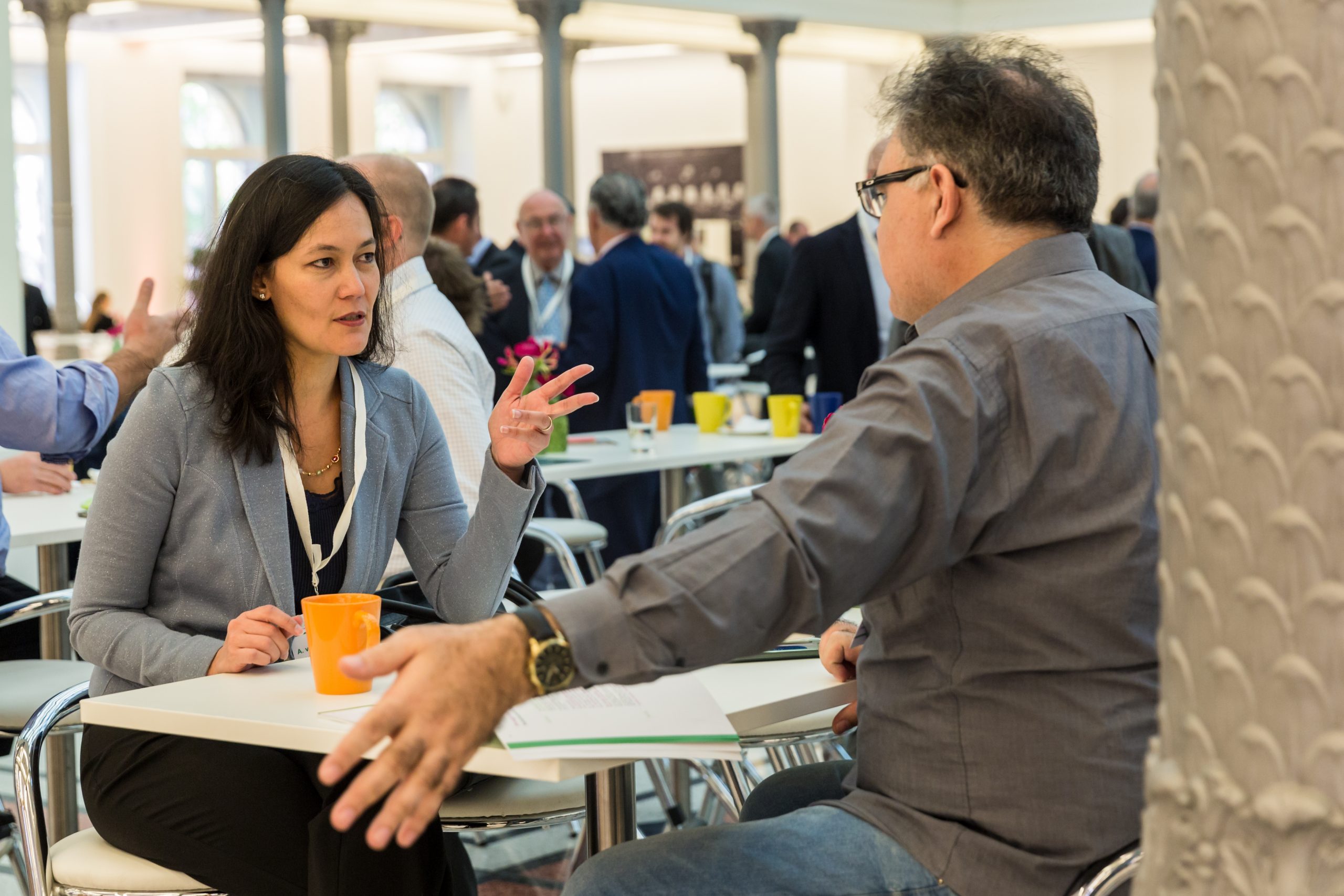
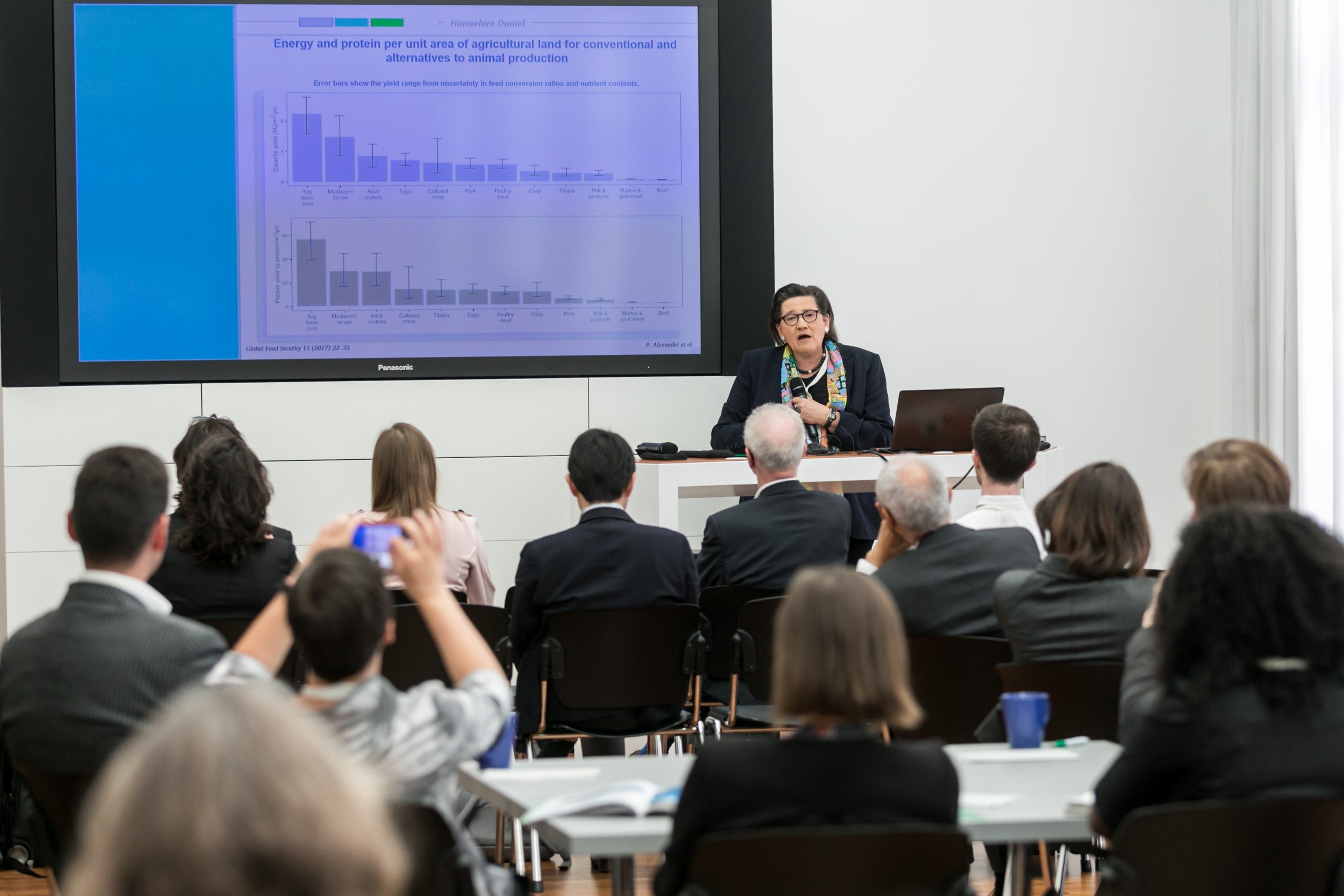
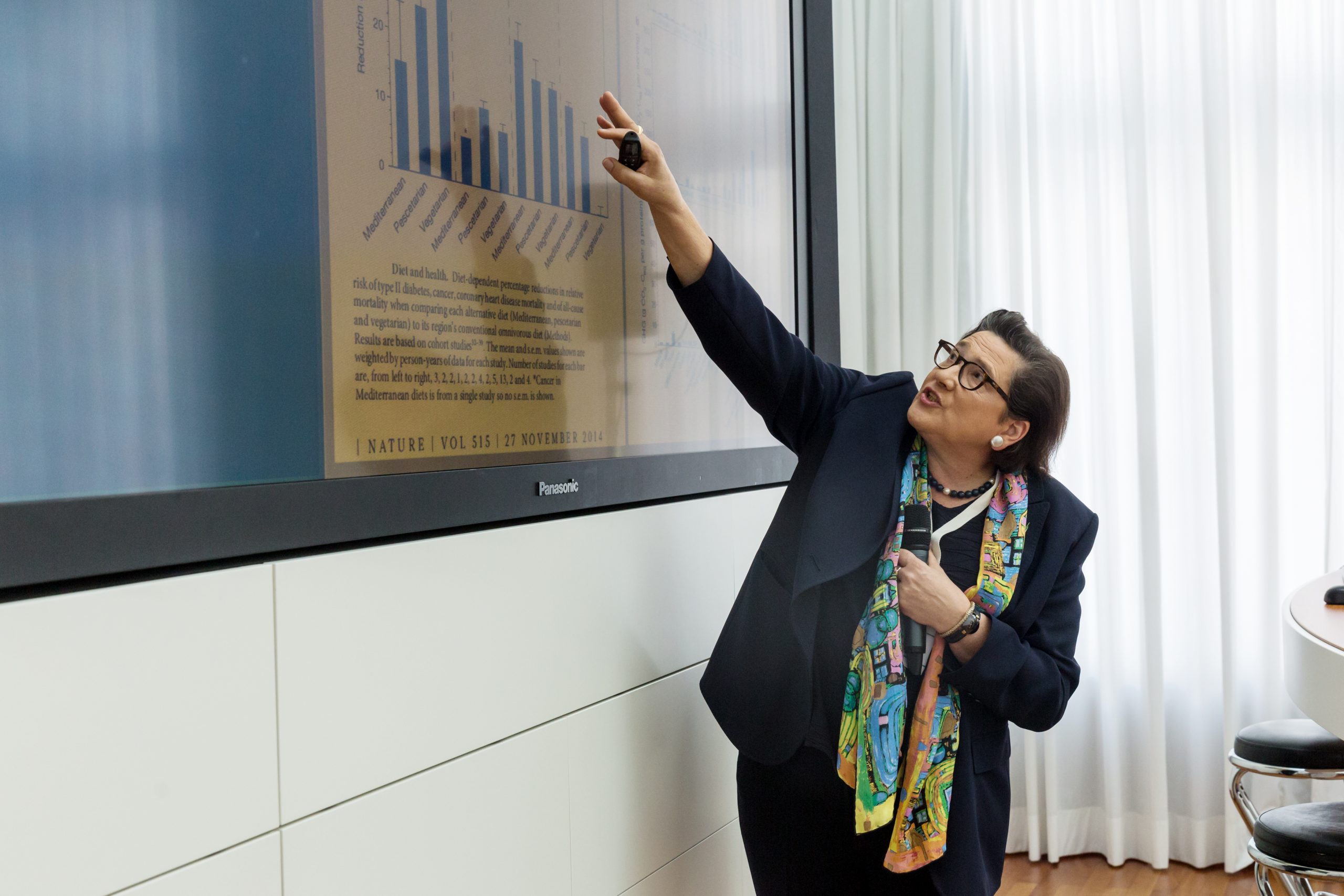
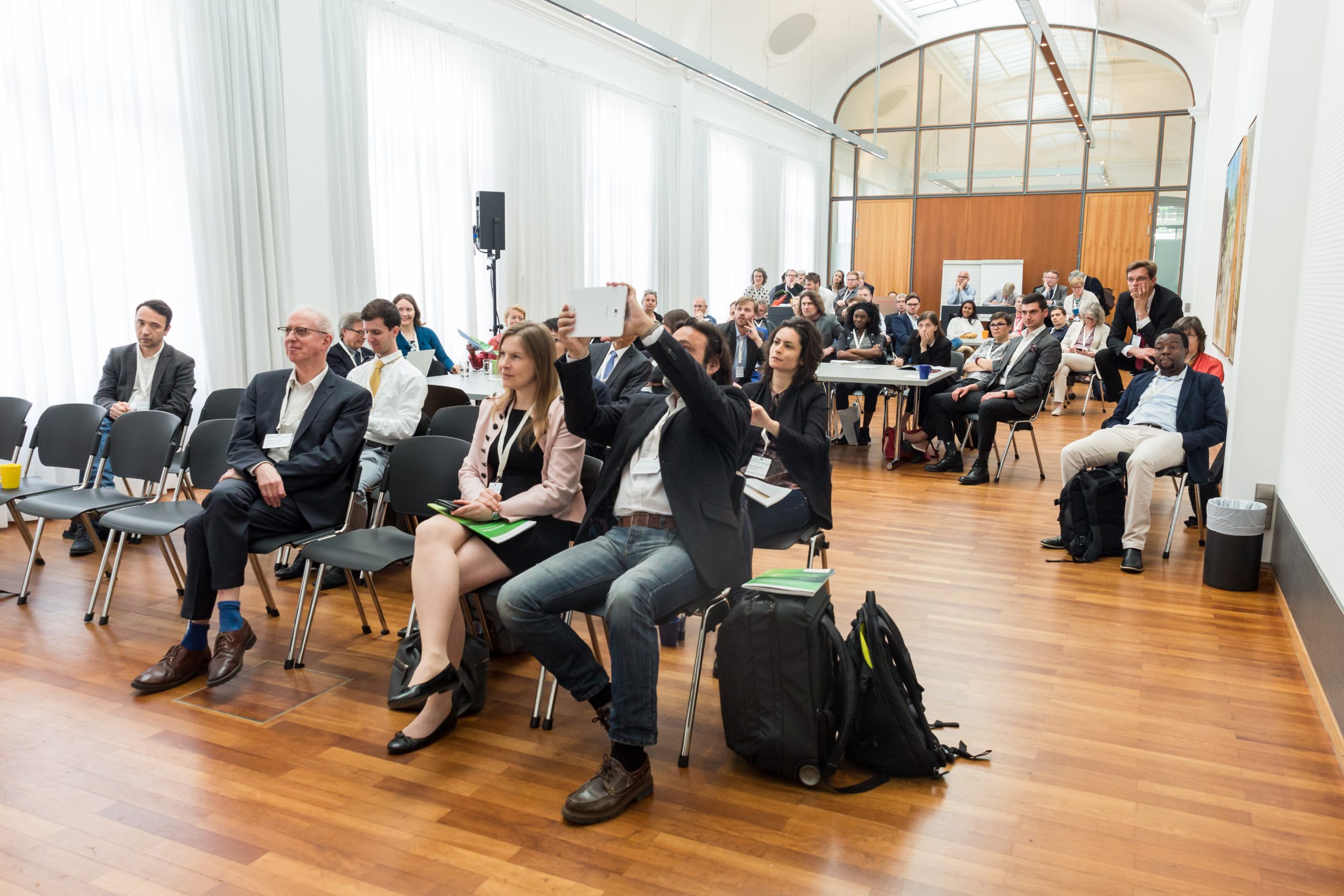
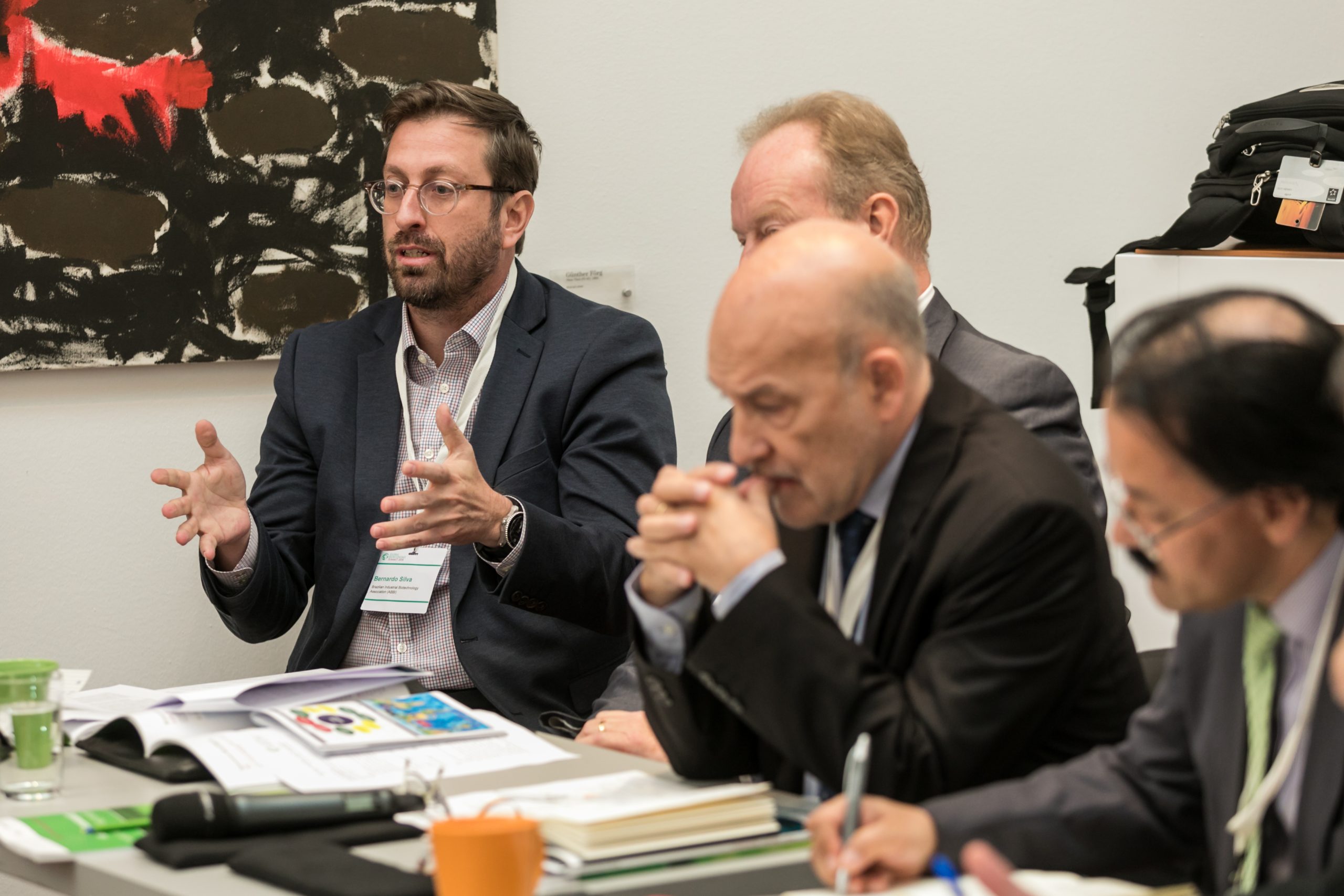

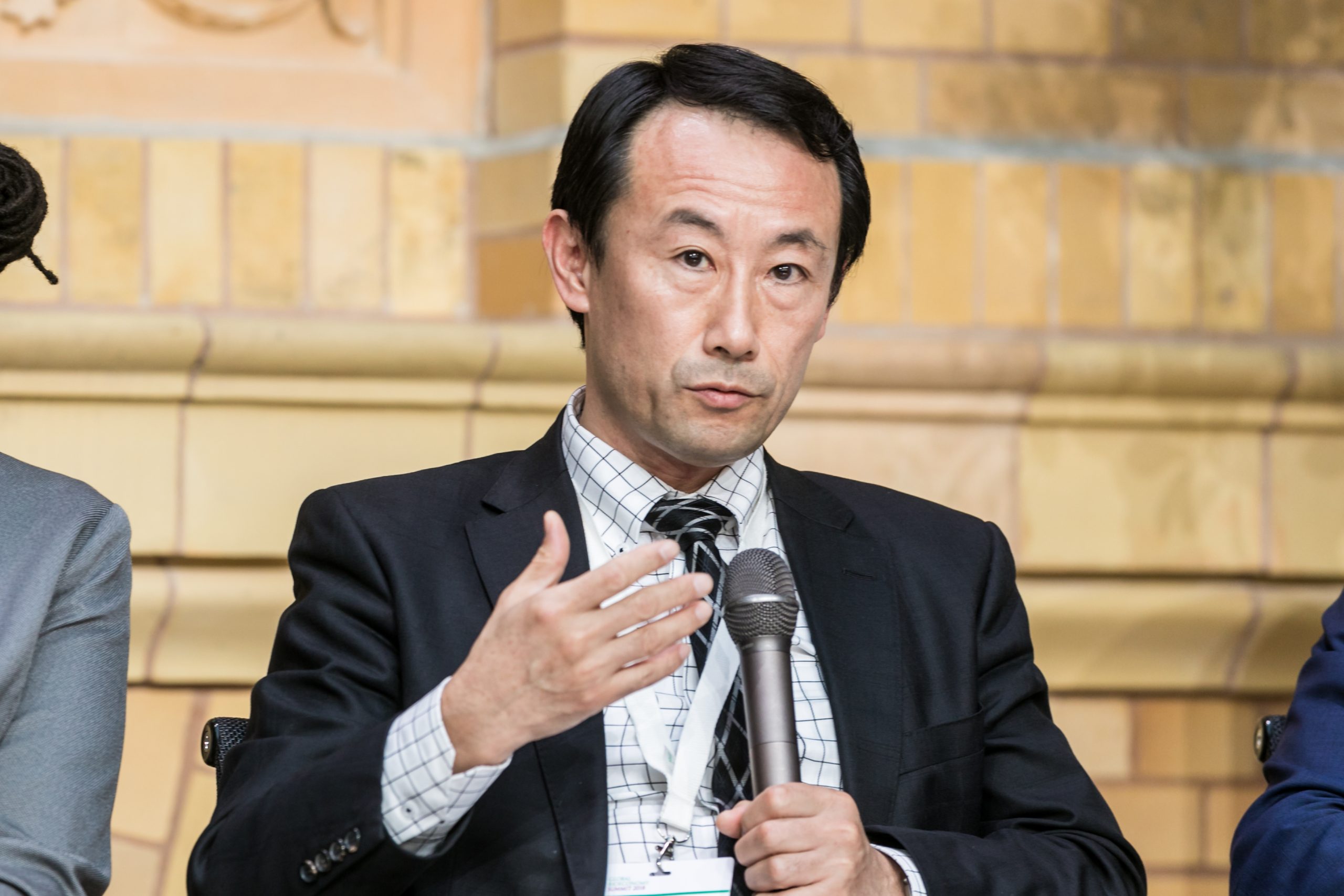
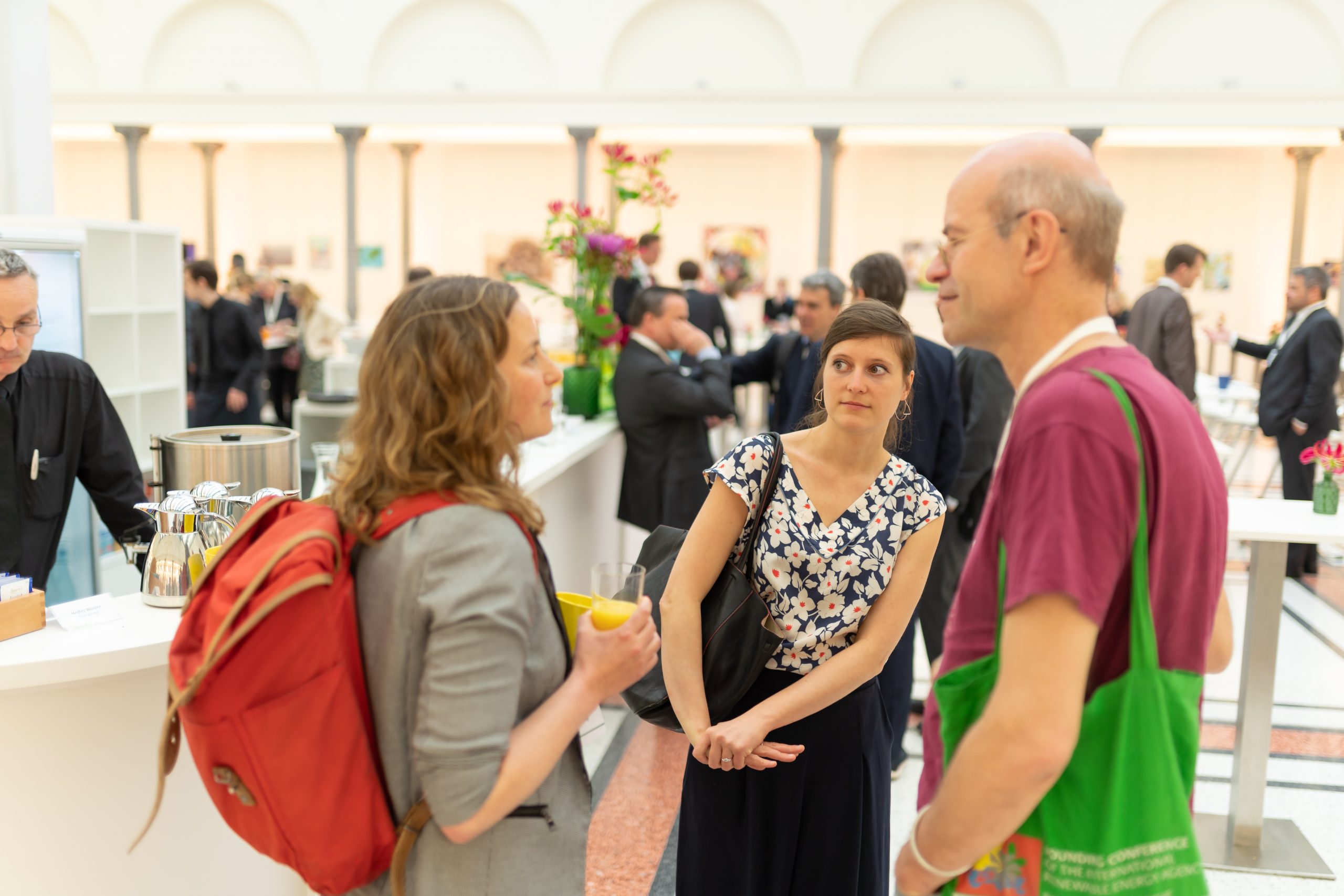
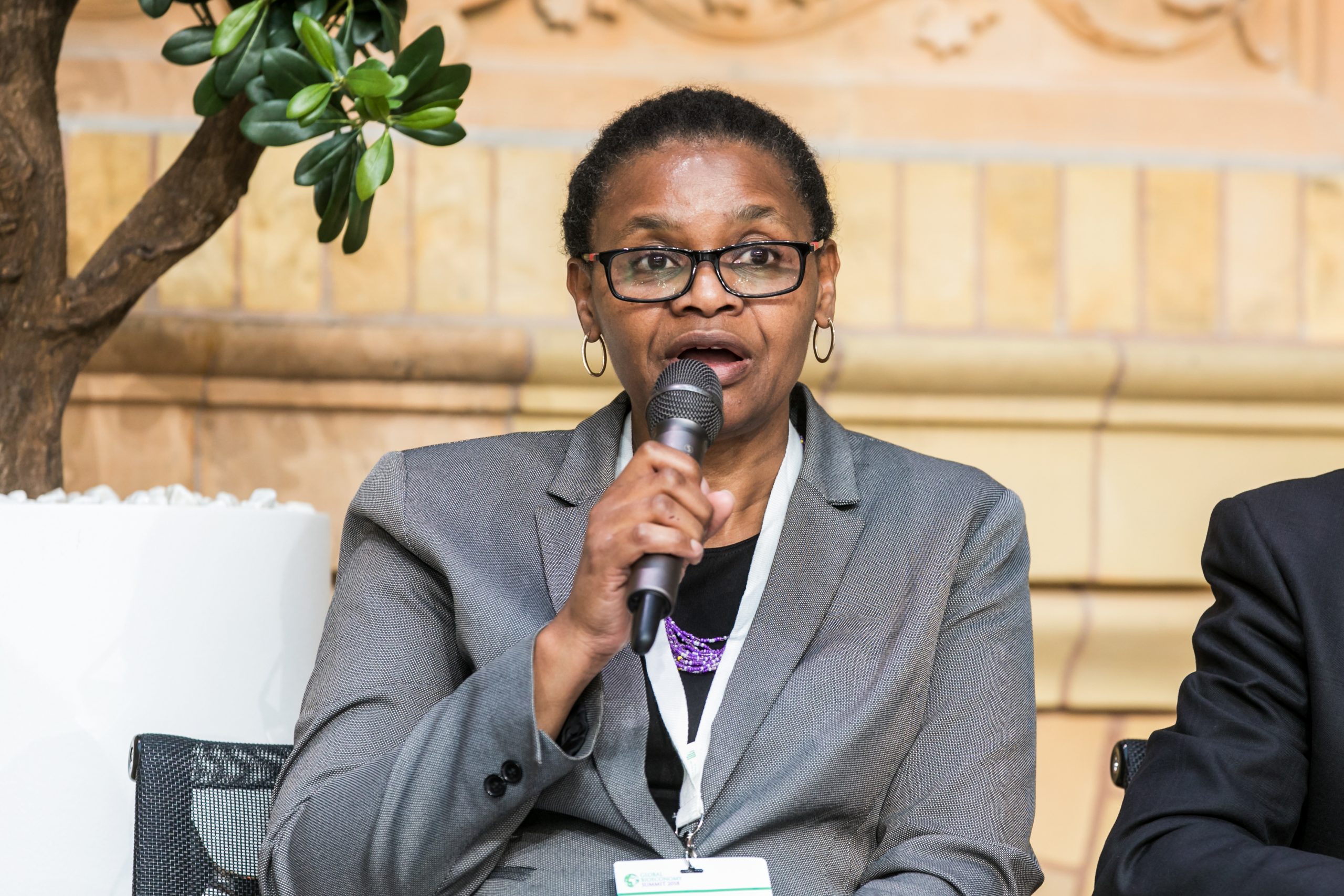
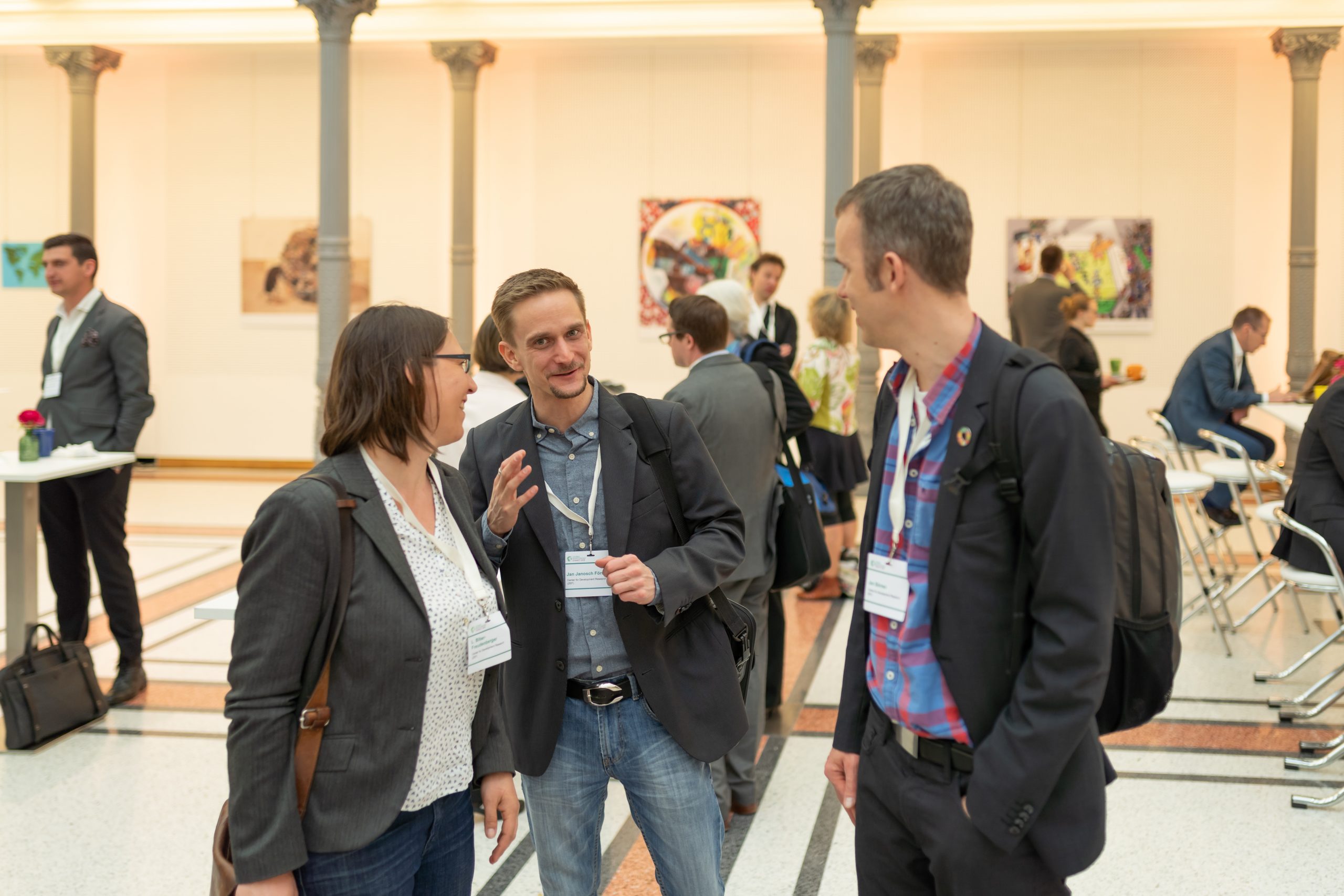
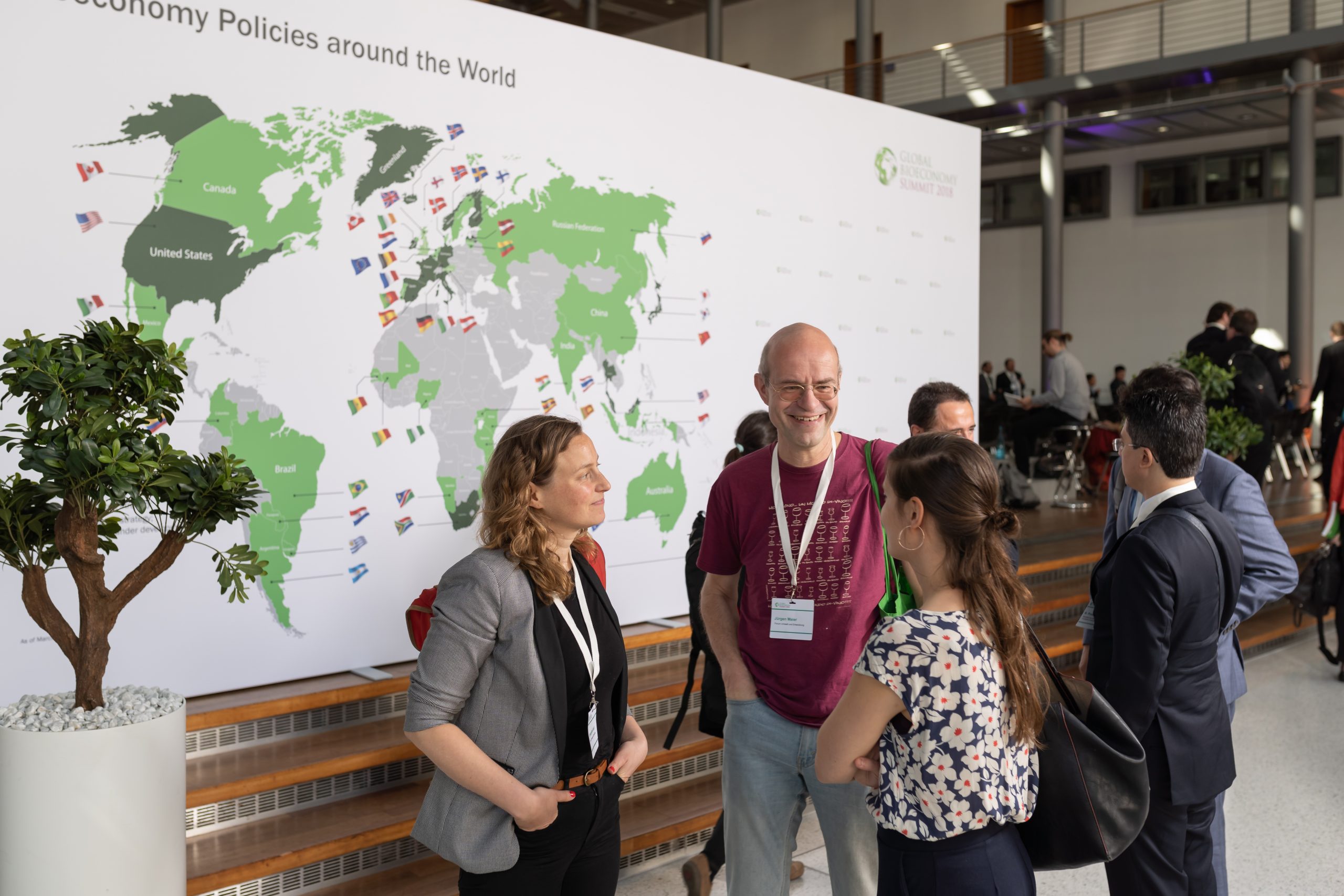
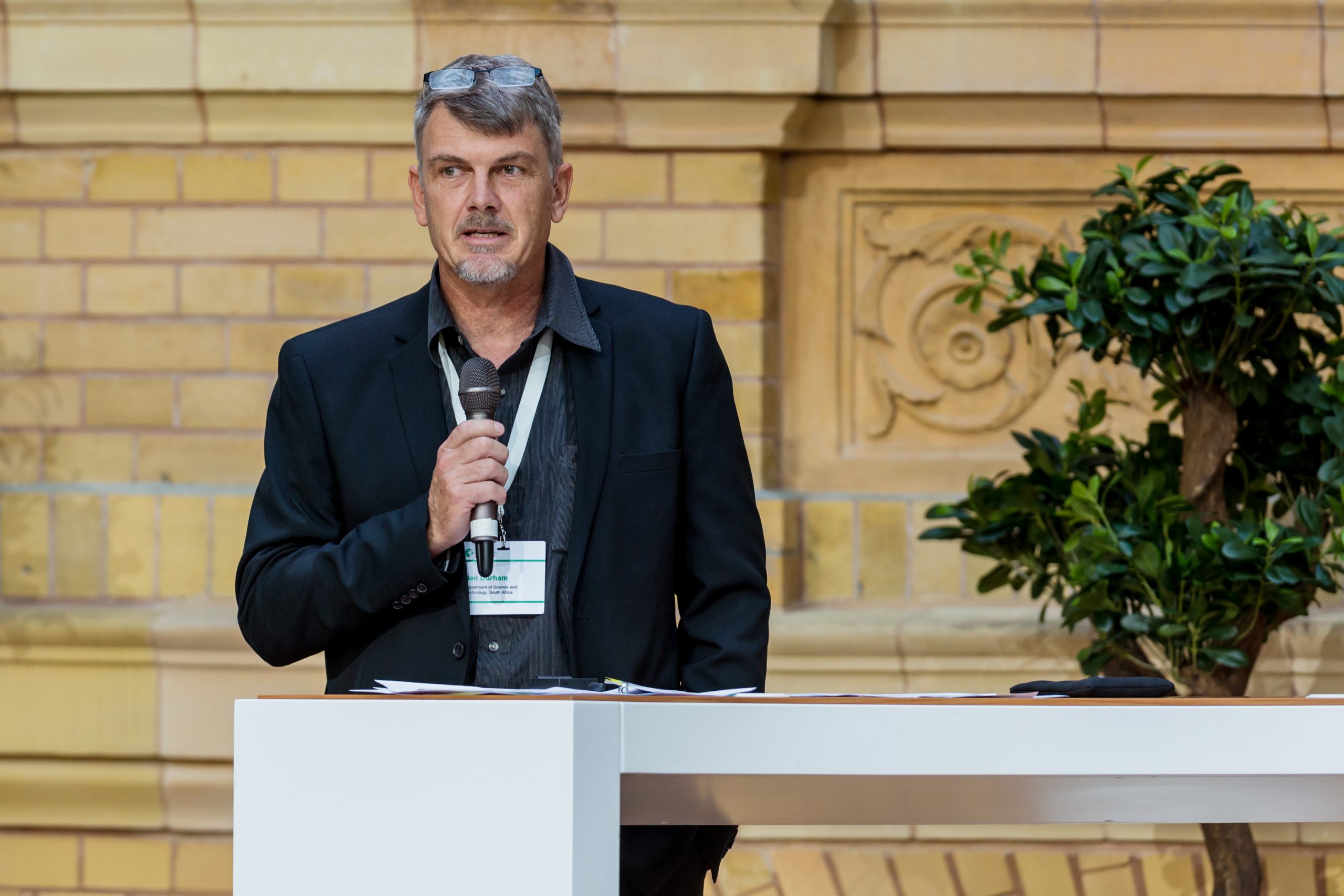
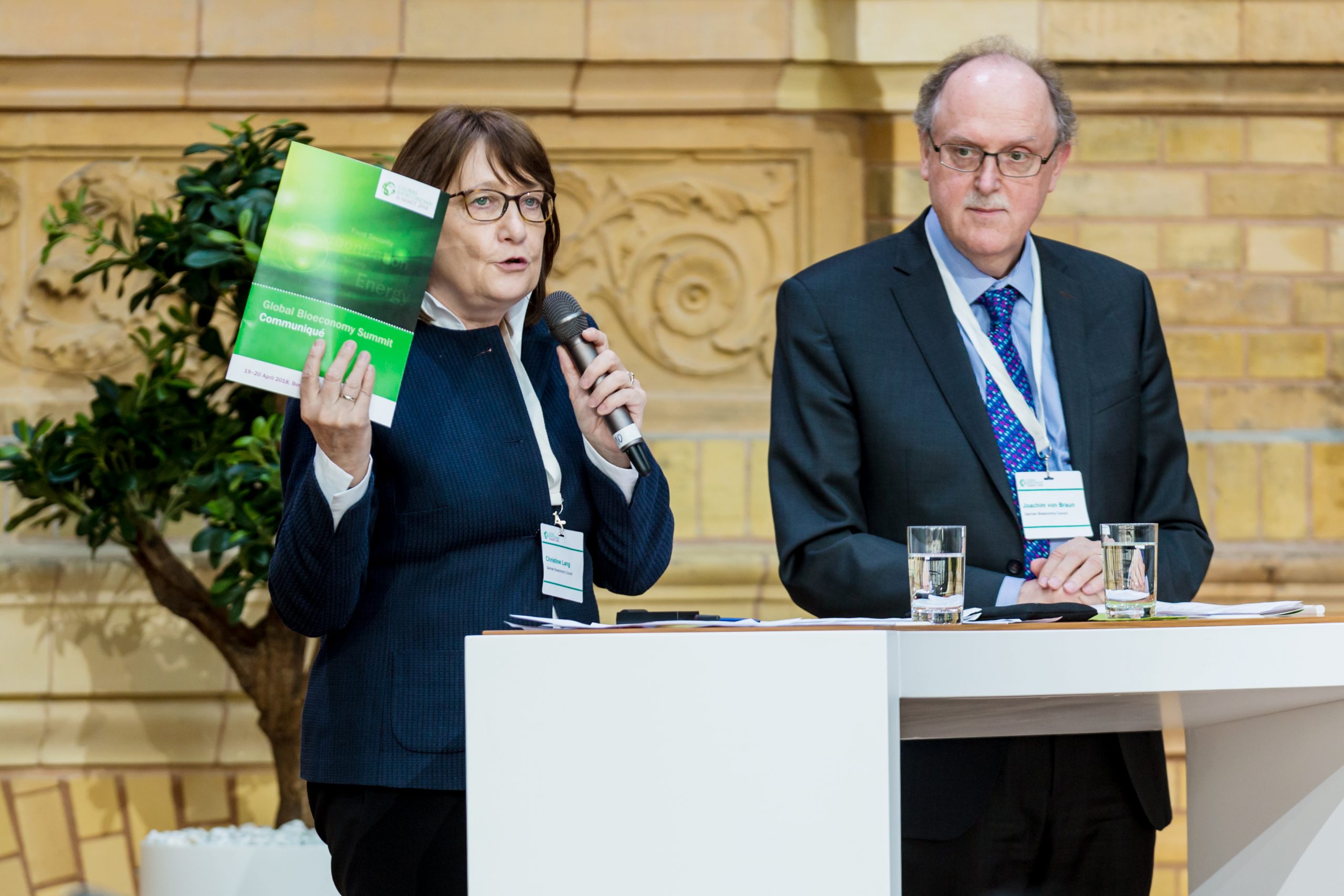
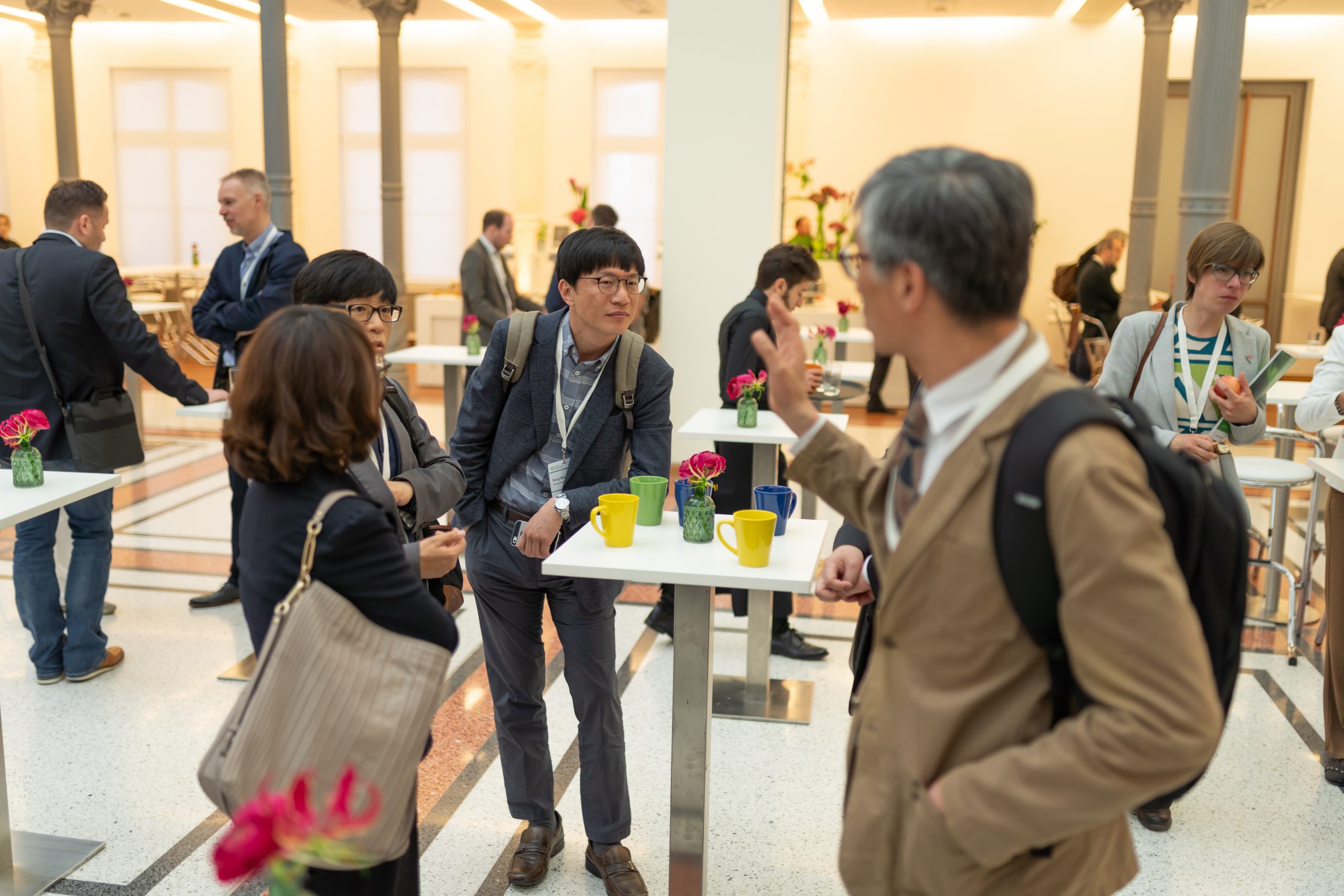
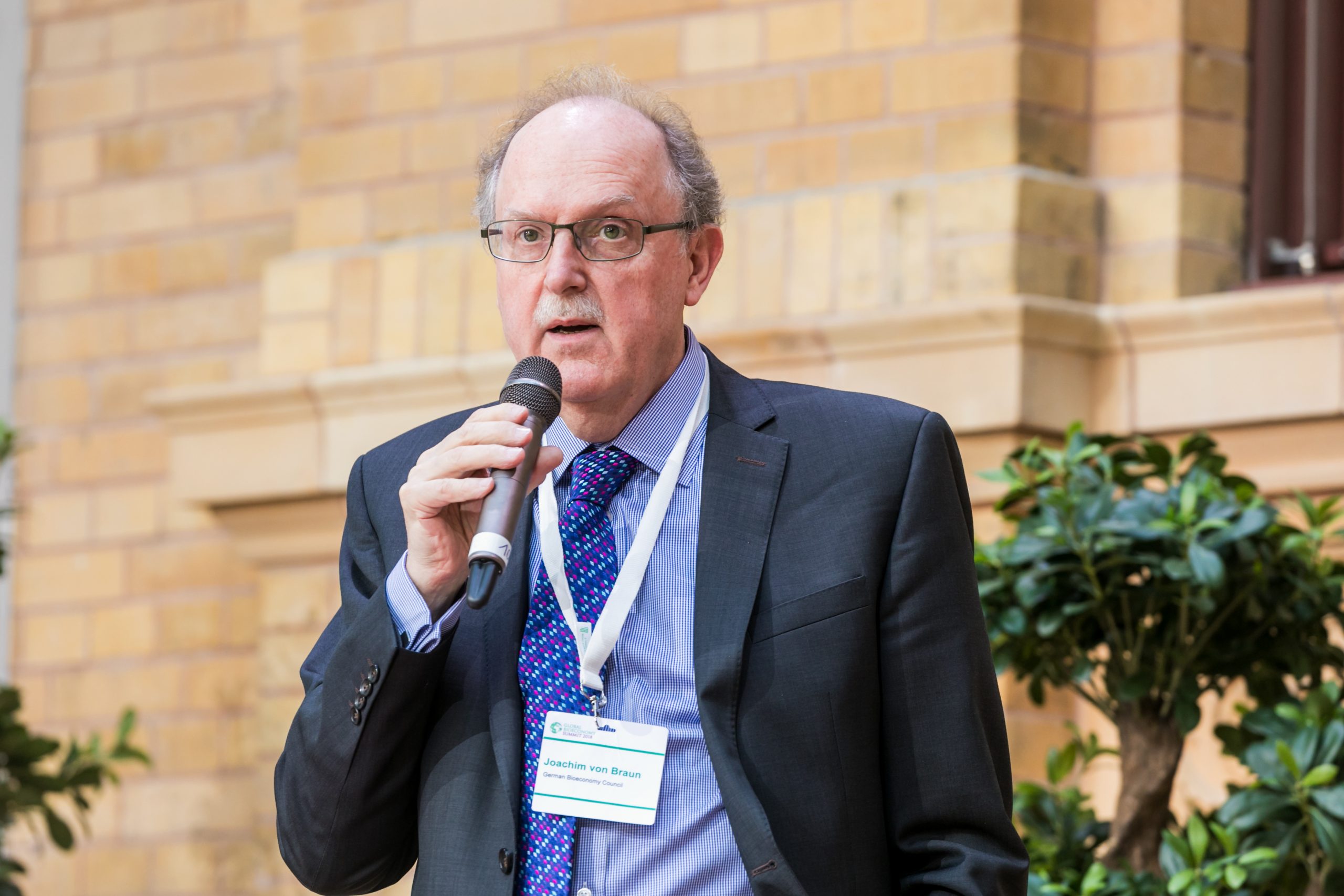
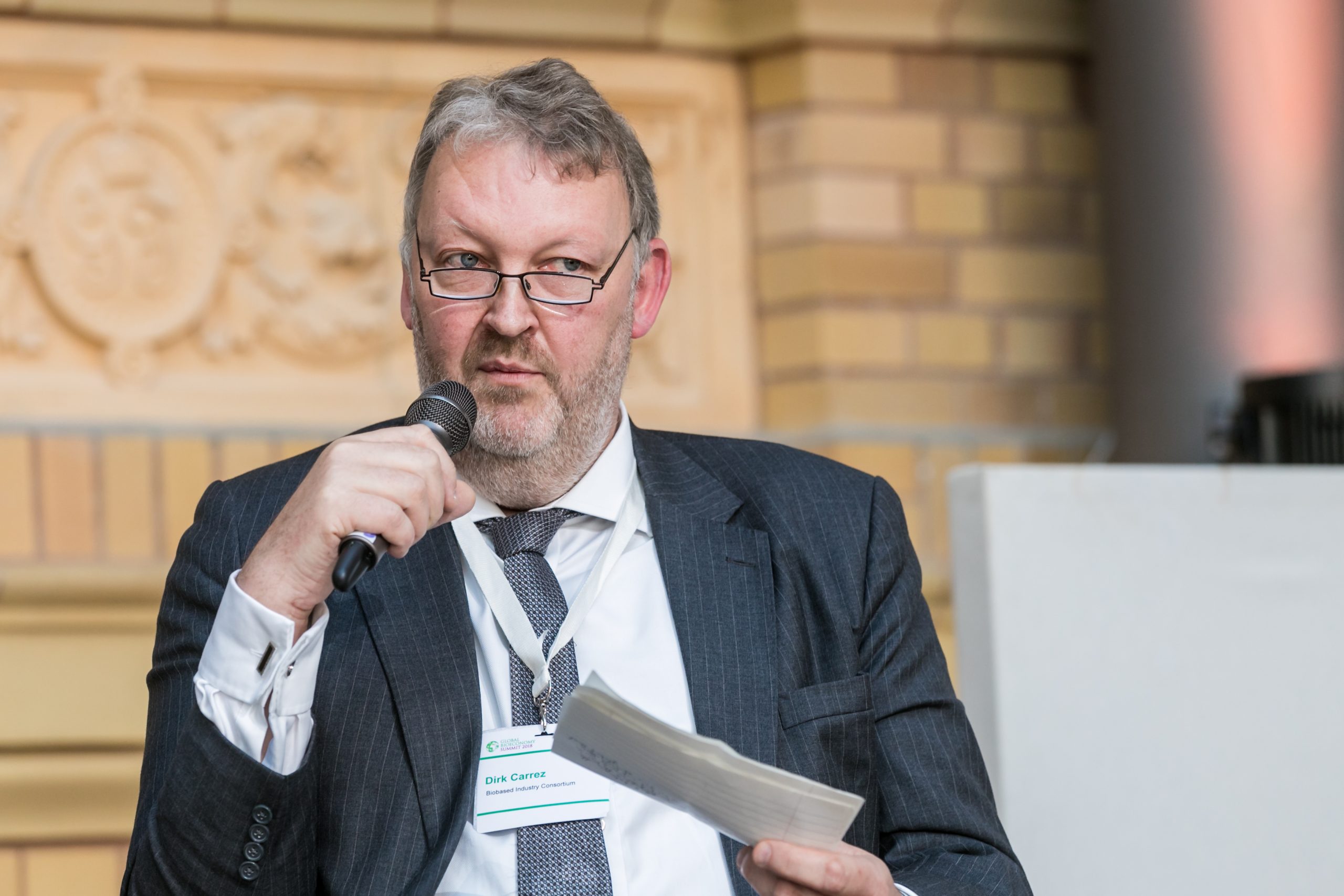
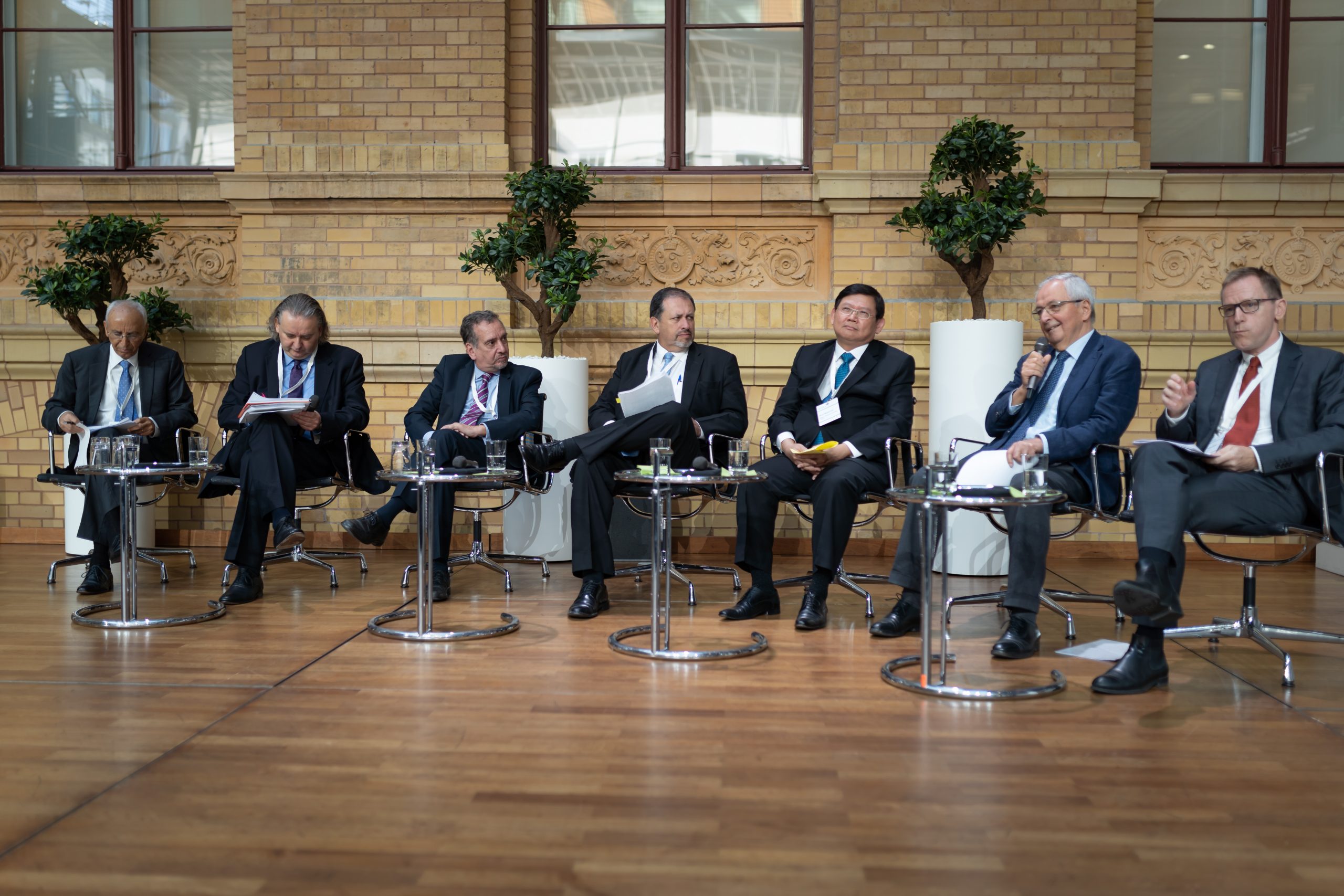
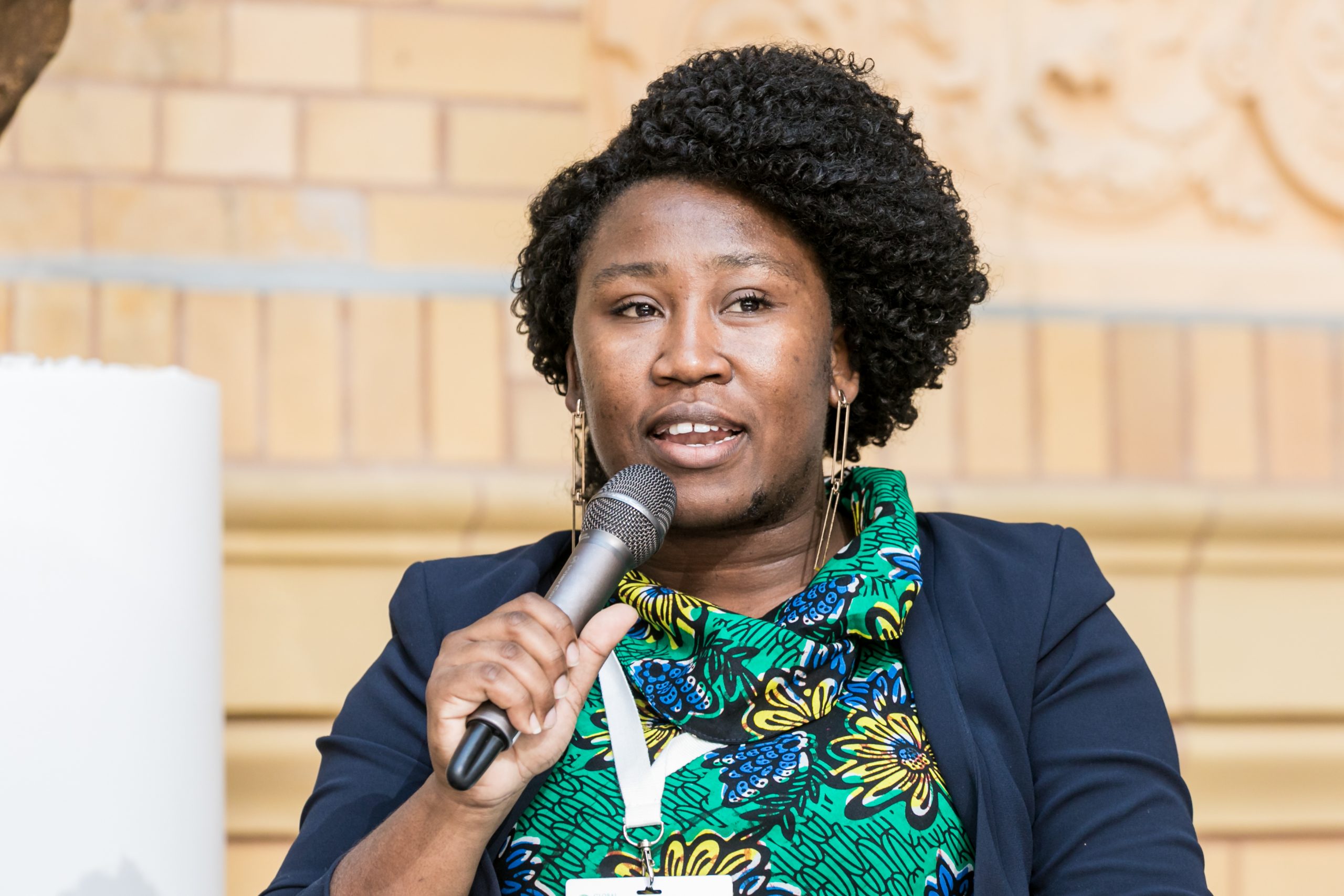
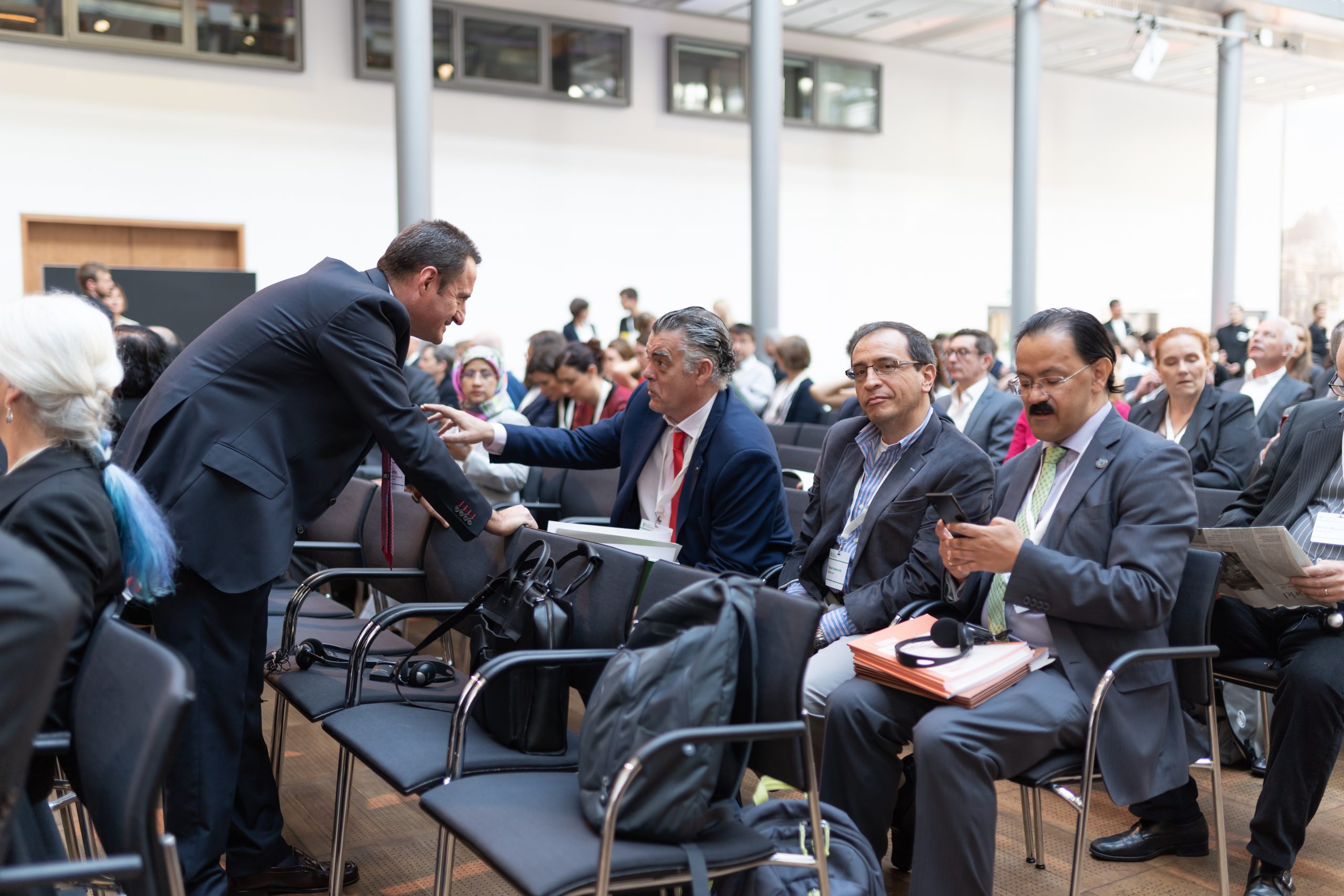
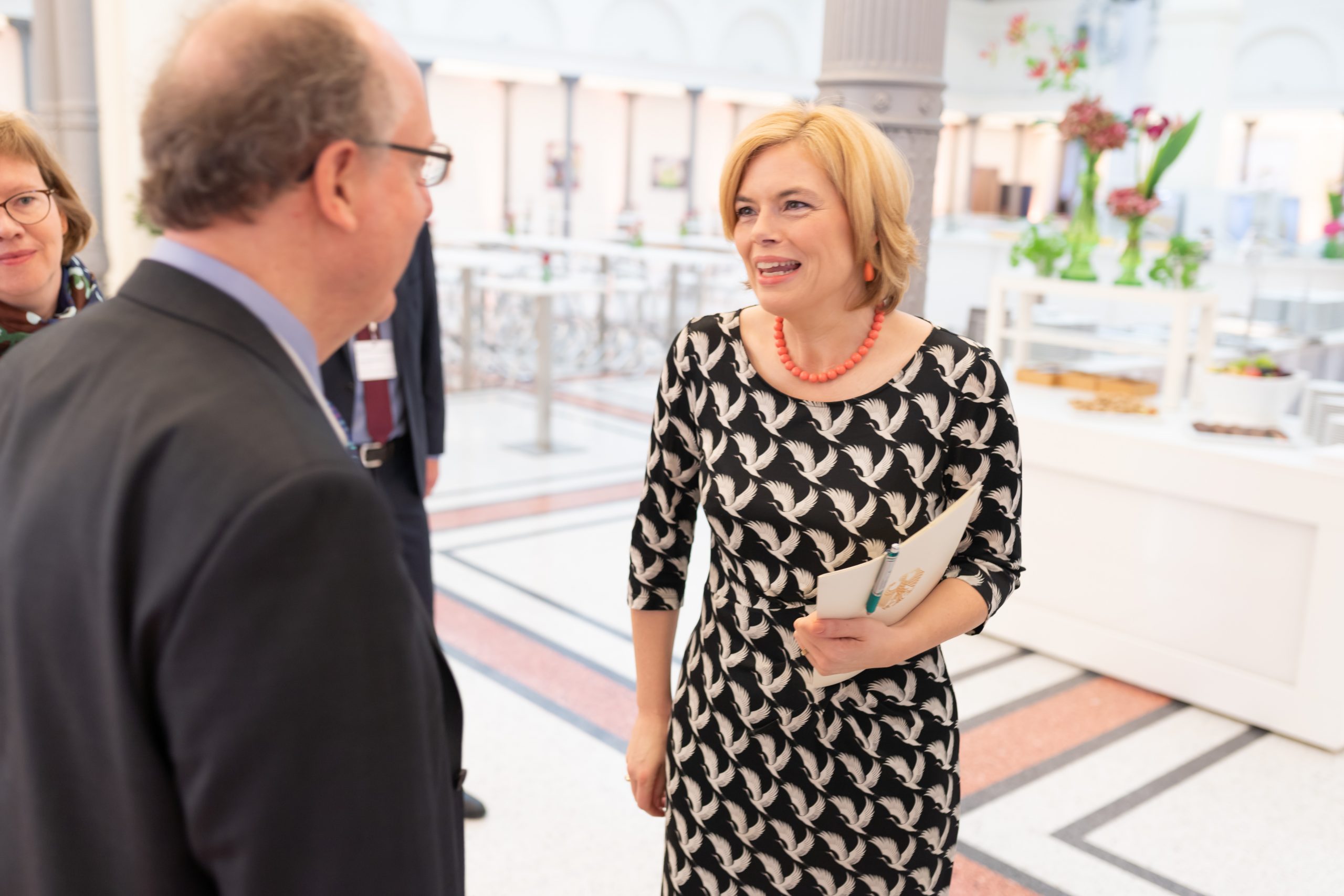
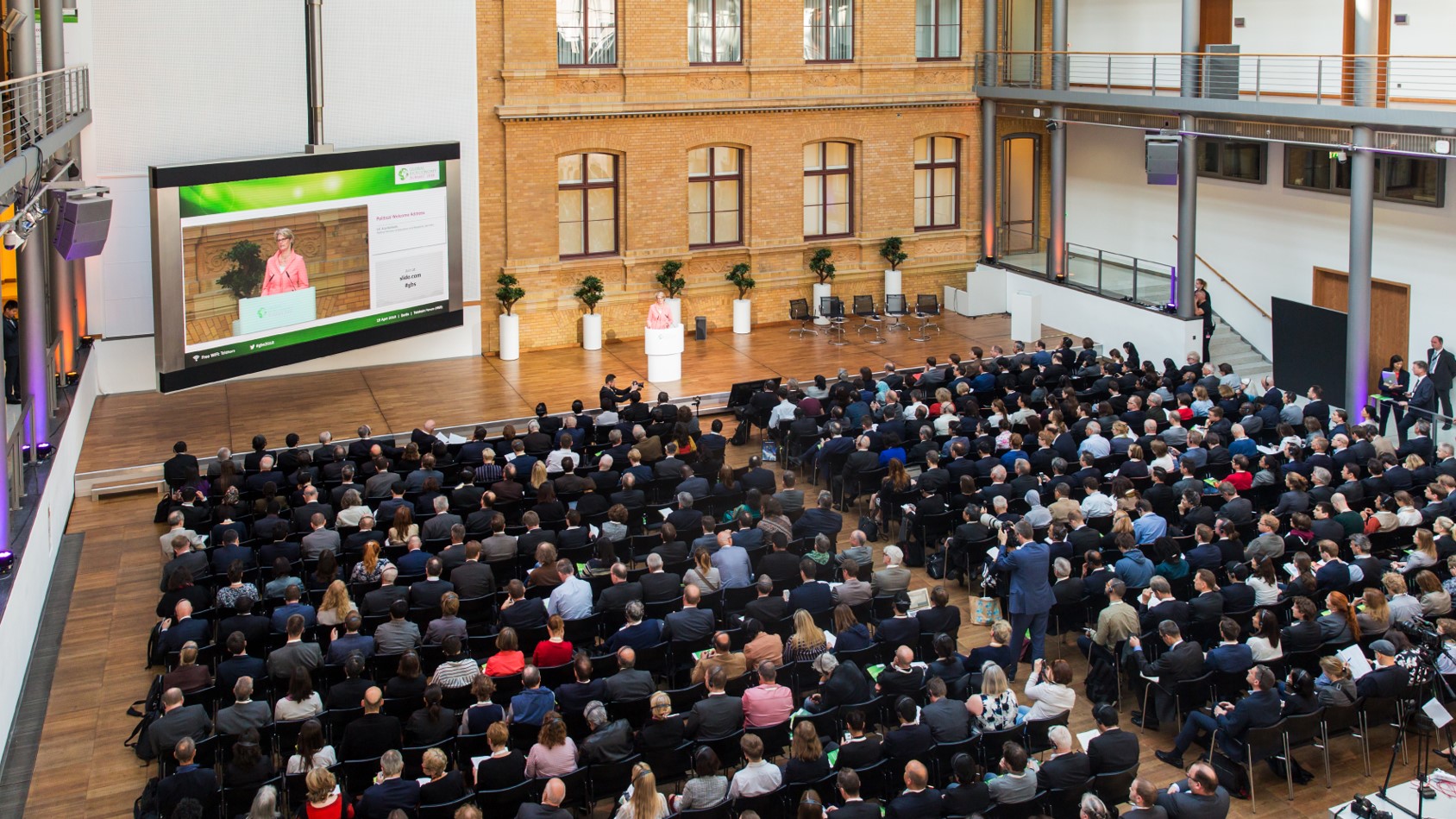
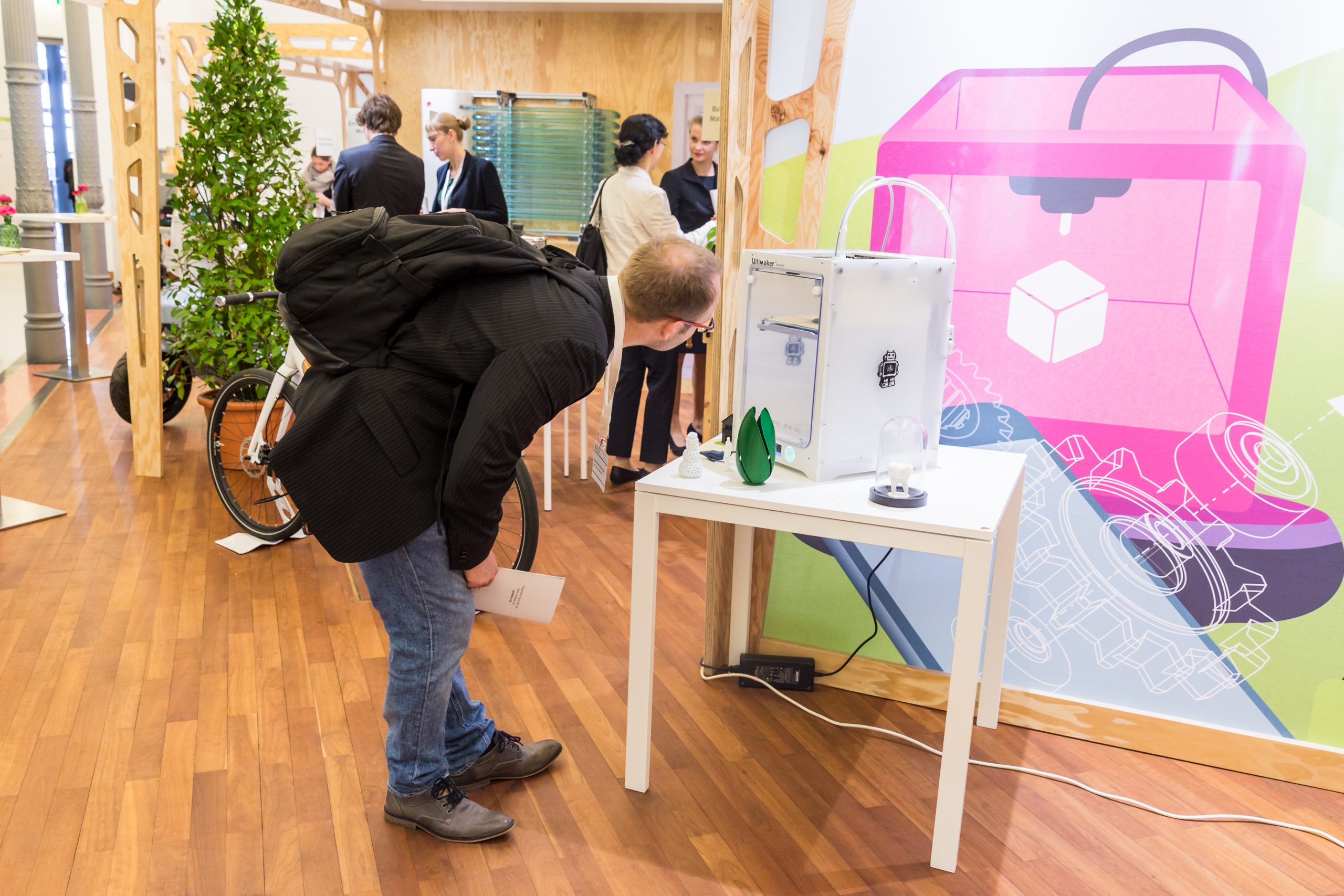
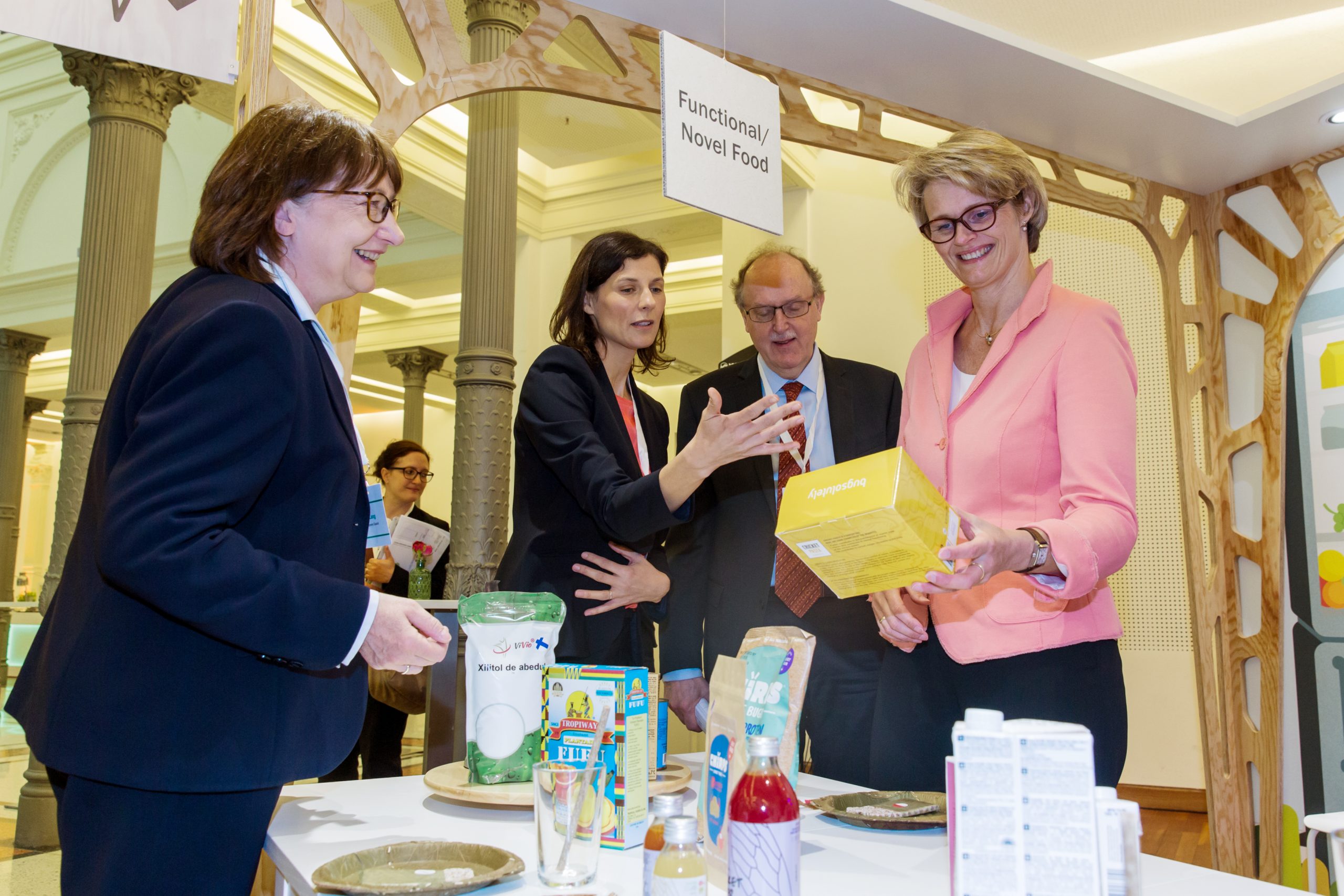
GLOBAL BIOECONOMY SUMMIT 2018
Around 700 high-ranking representatives from politics, science, civil society and the business sector and from more than 70 countries met in Berlin from 19 – 20 April to discuss the latest developments and challenges in the global bioeconomy.
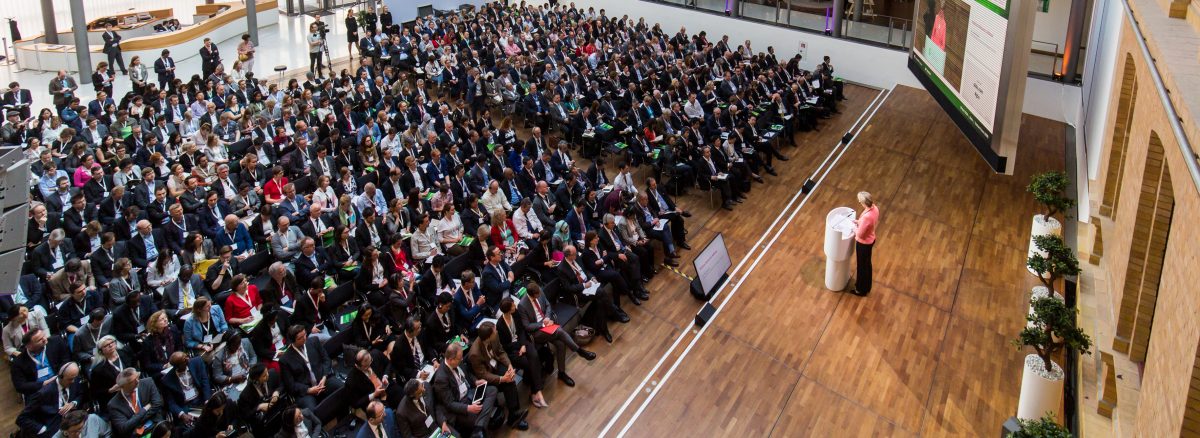
GLOBAL BIOECONOMY SUMMIT 2015
At the first Global Bioeconomy Summit 2015 in Berlin, more than 700 participants from about 80 countries met to define how bioeconomy would best contribute to green growth, the sustainable development goals and to climate change mitigation and adaptation.

About the Organizer
The Global Bioeconomy Summit 2020 is organized by the International Advisory Council on Global Bioeconomy.
